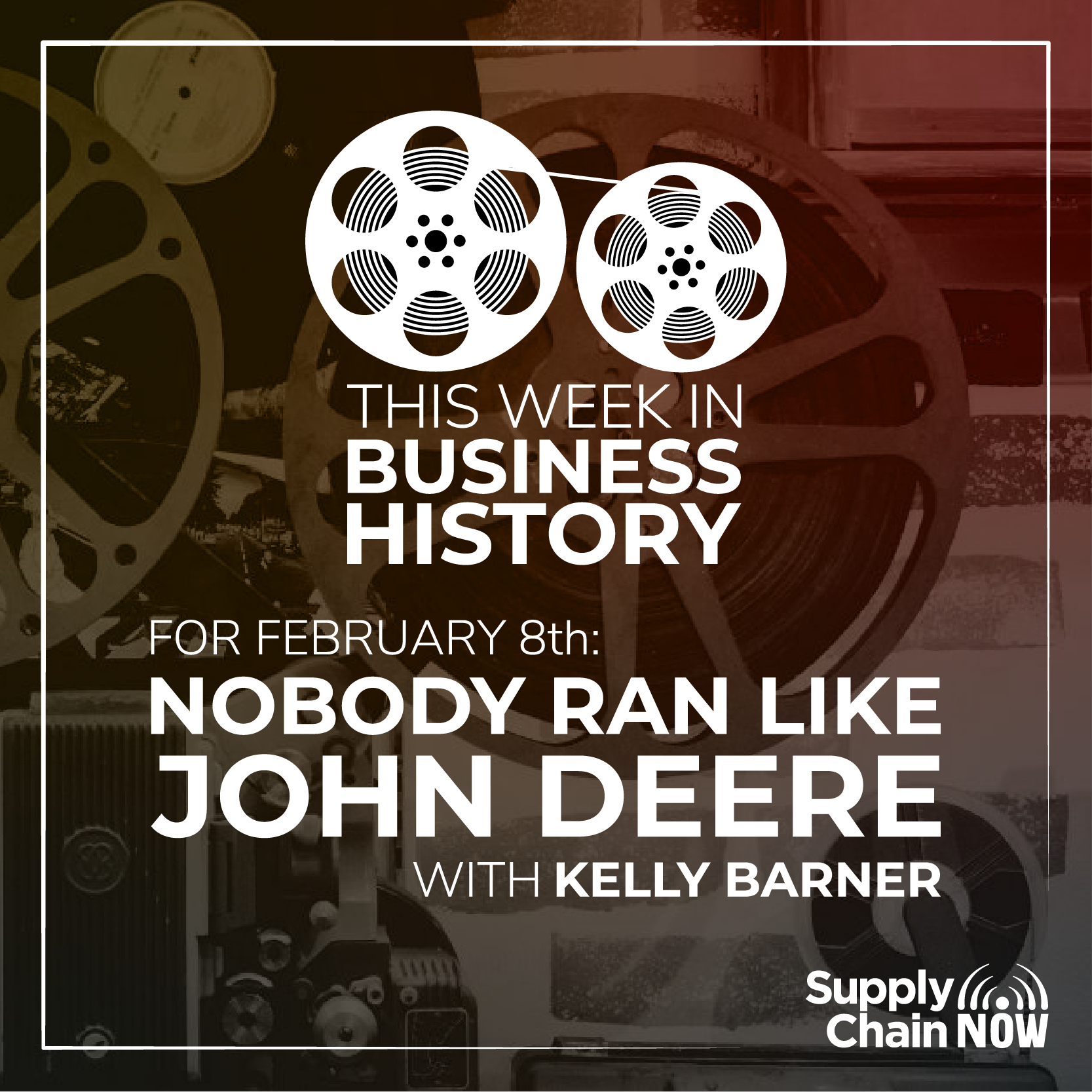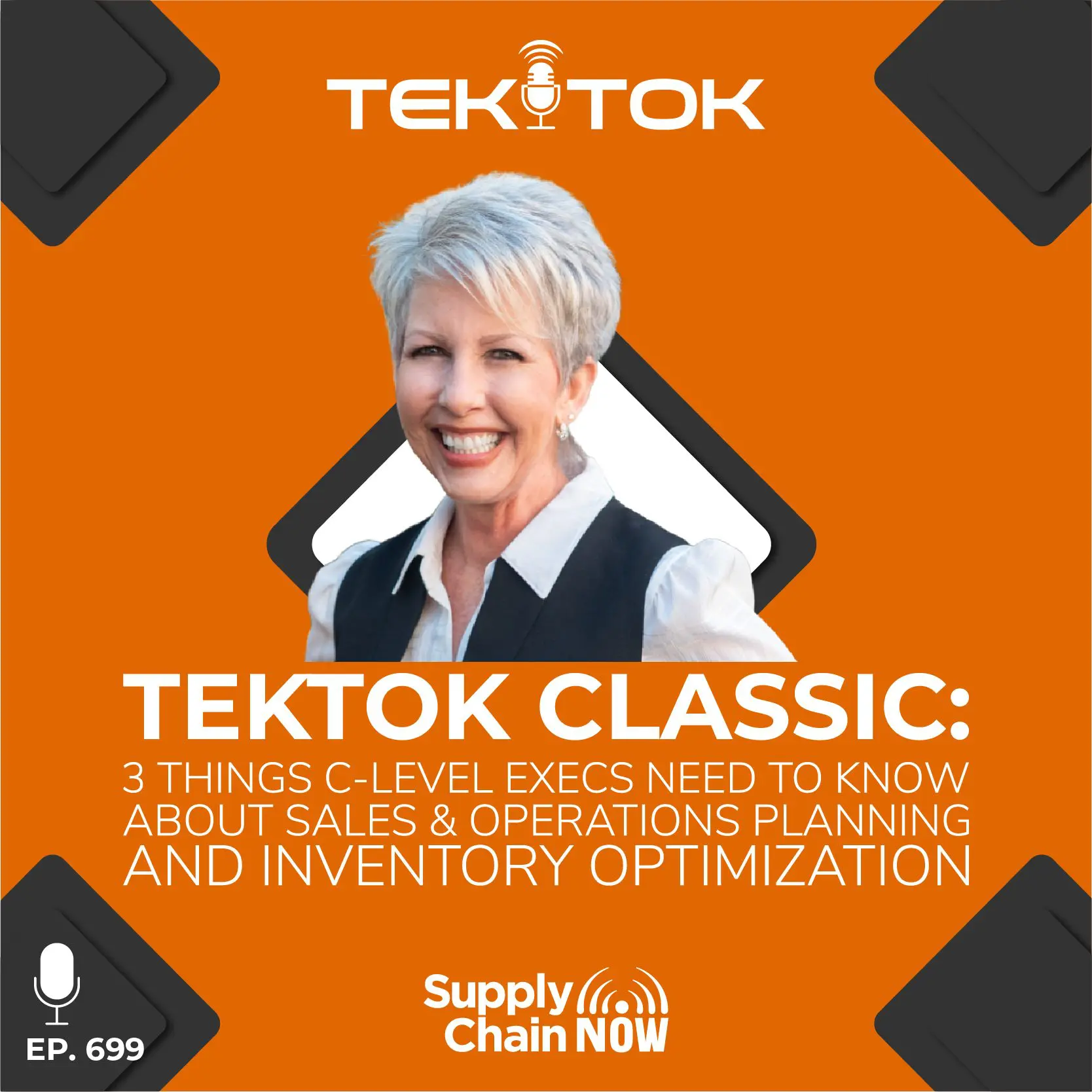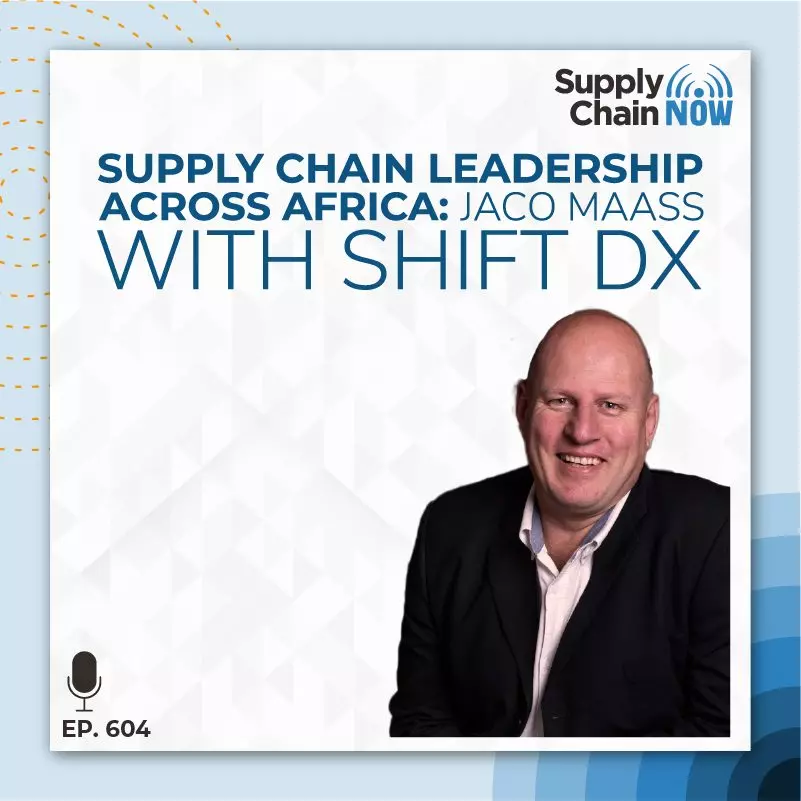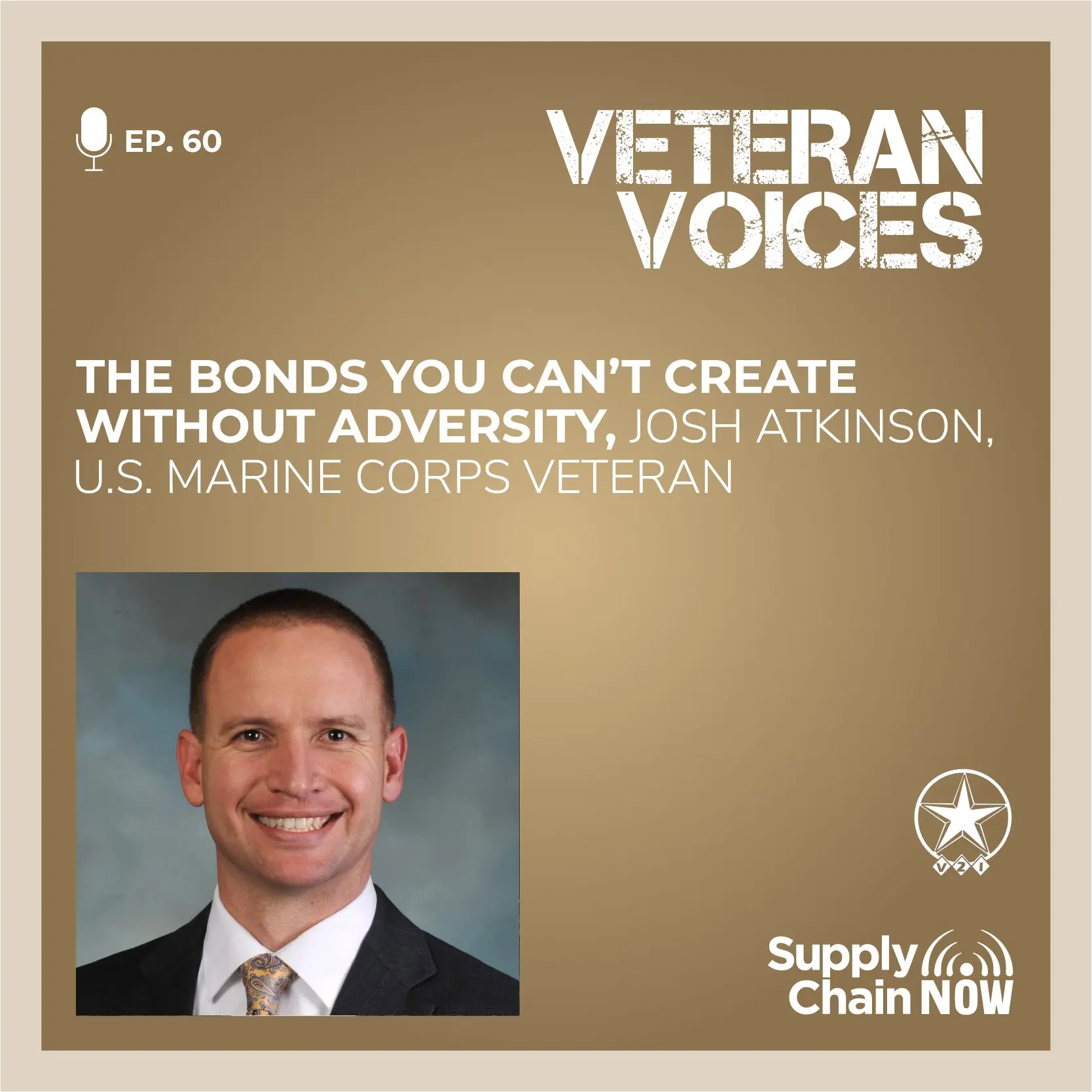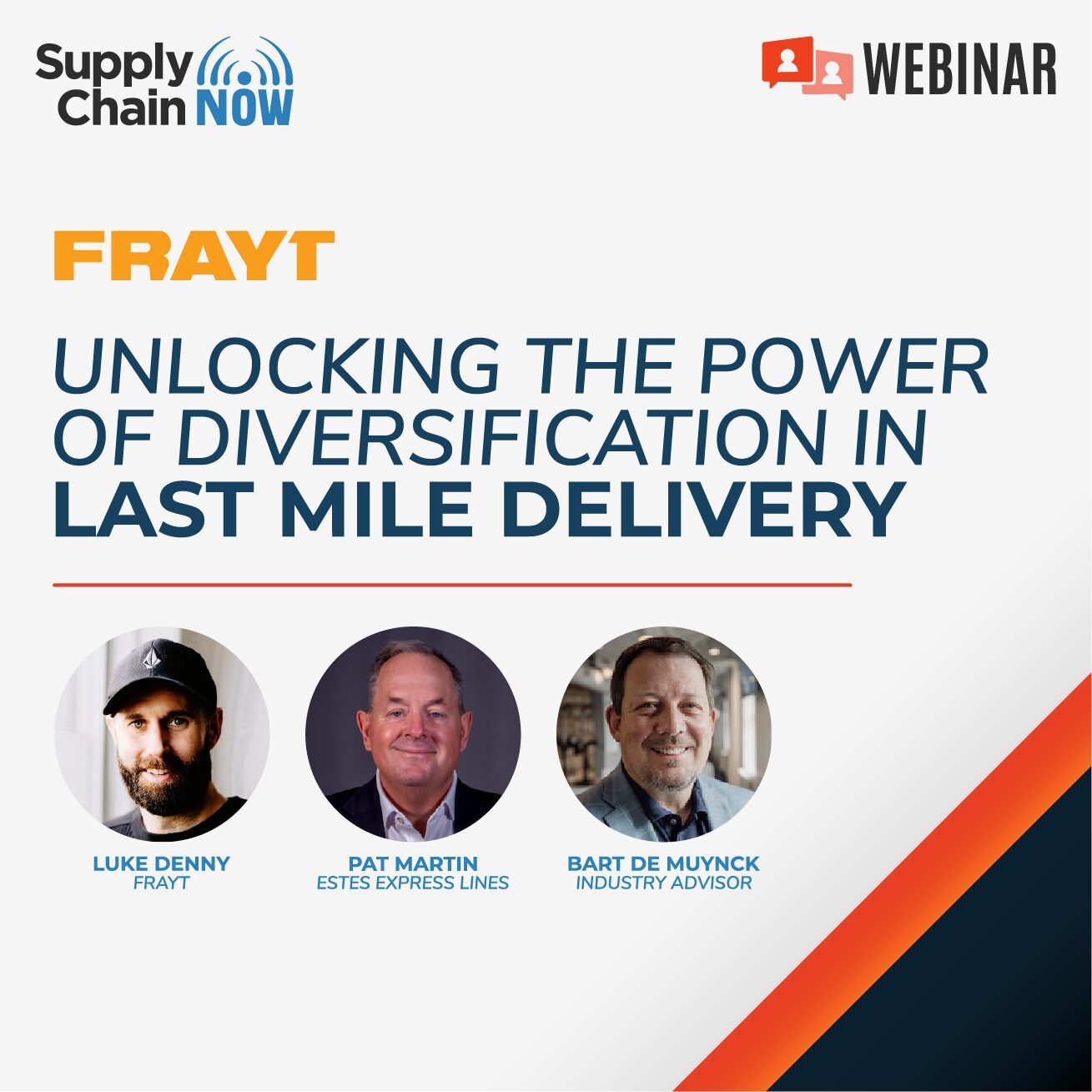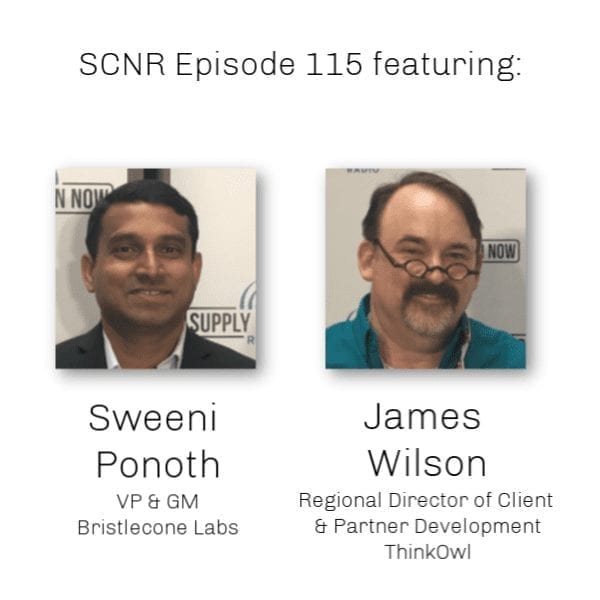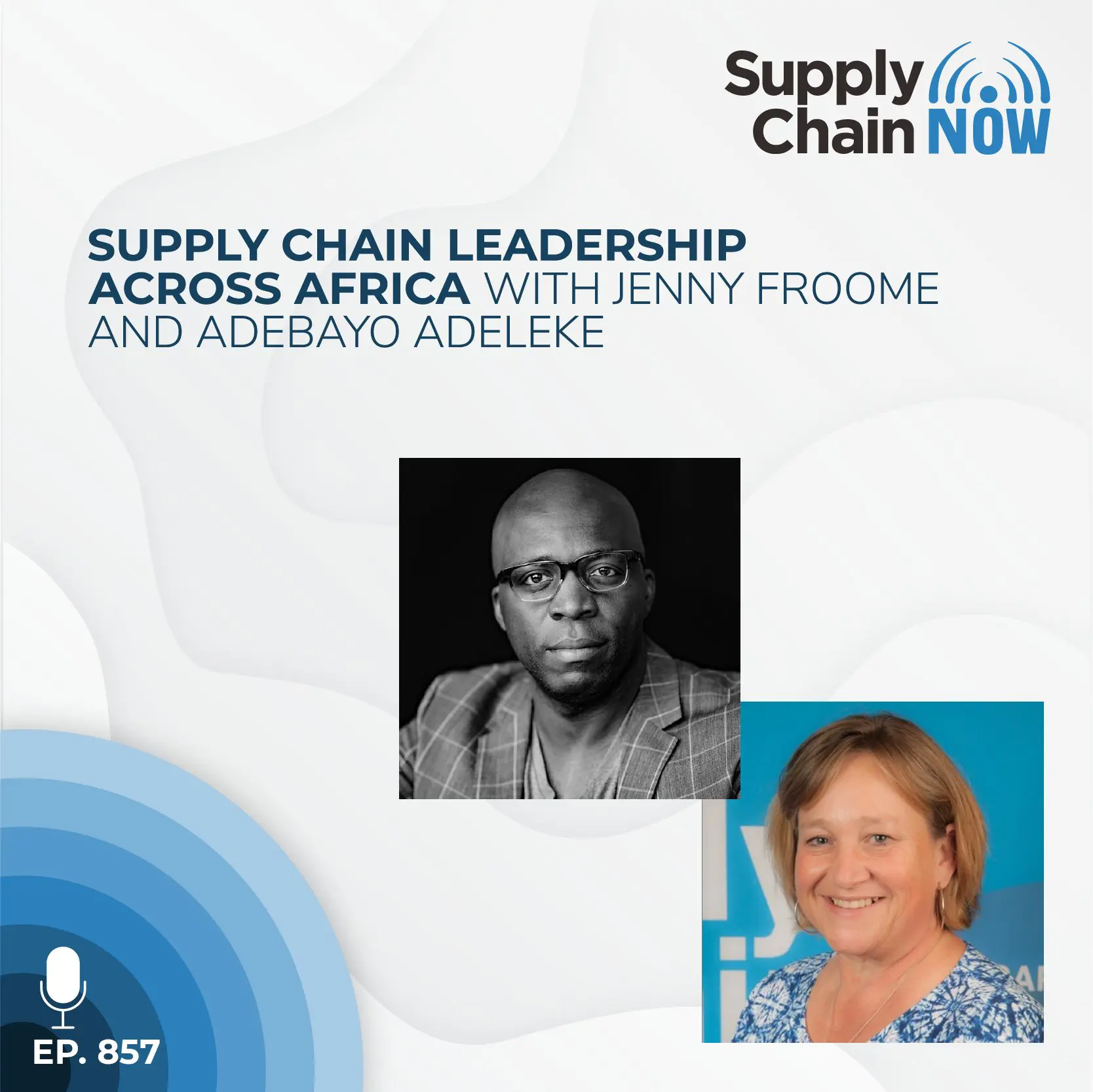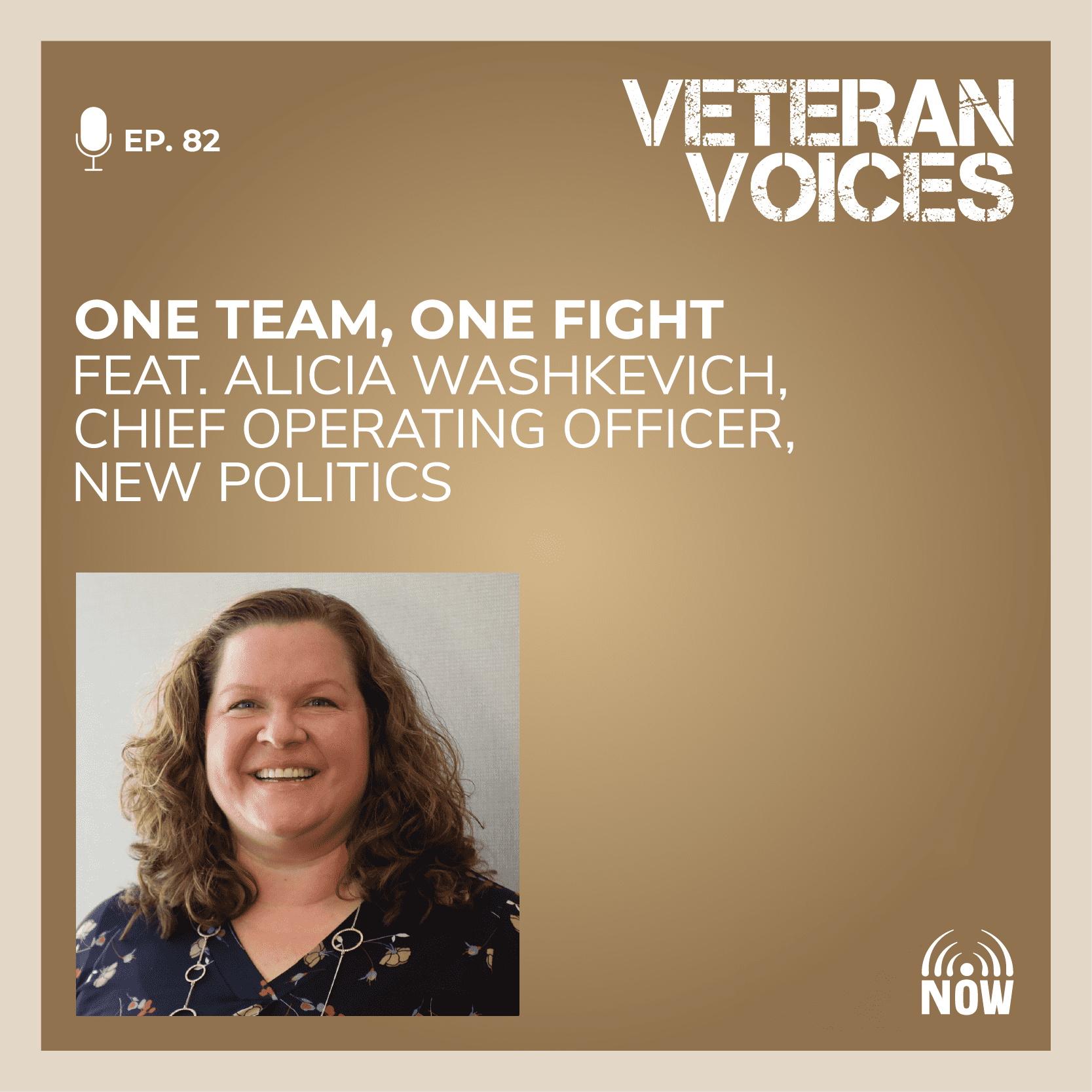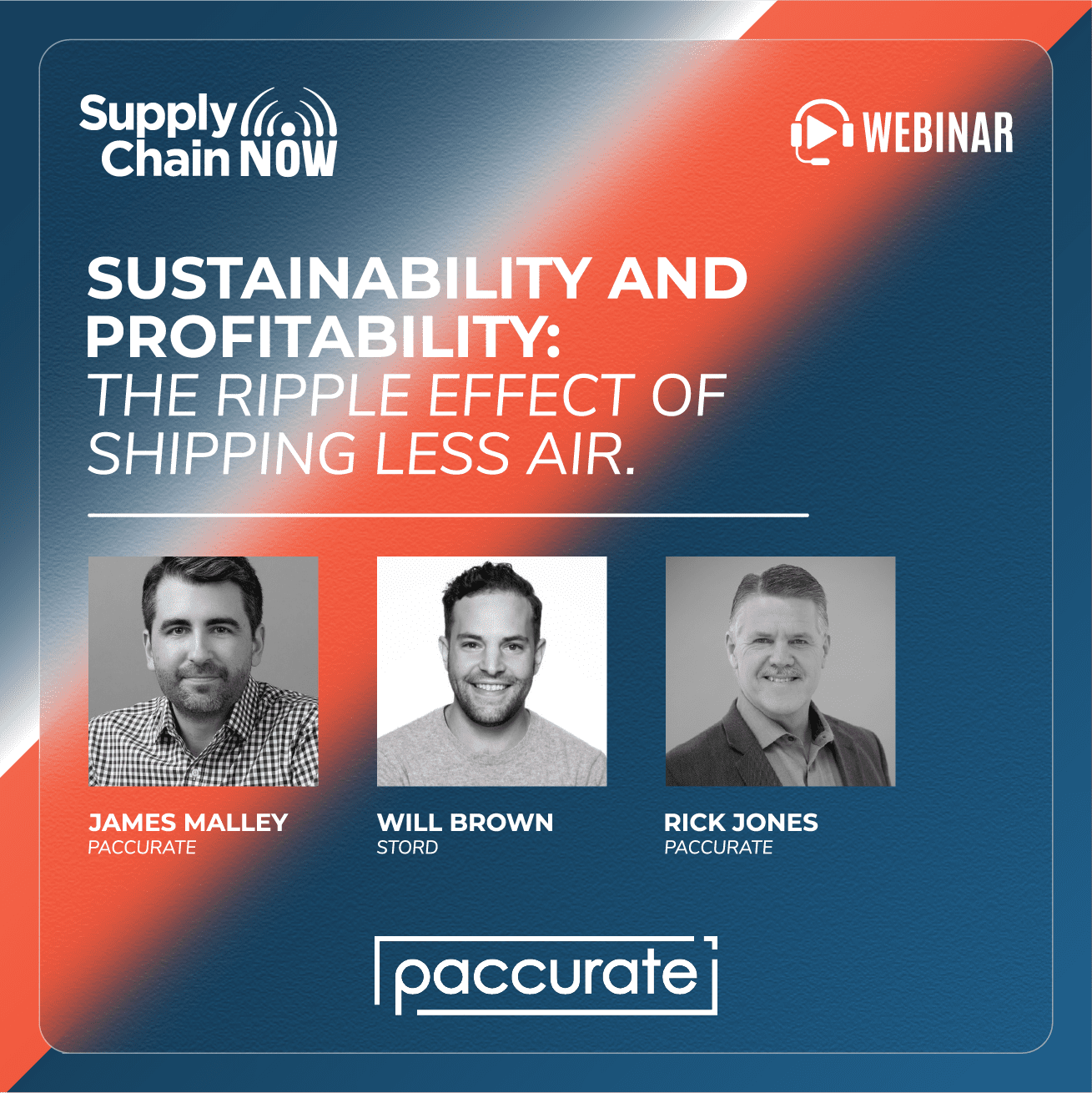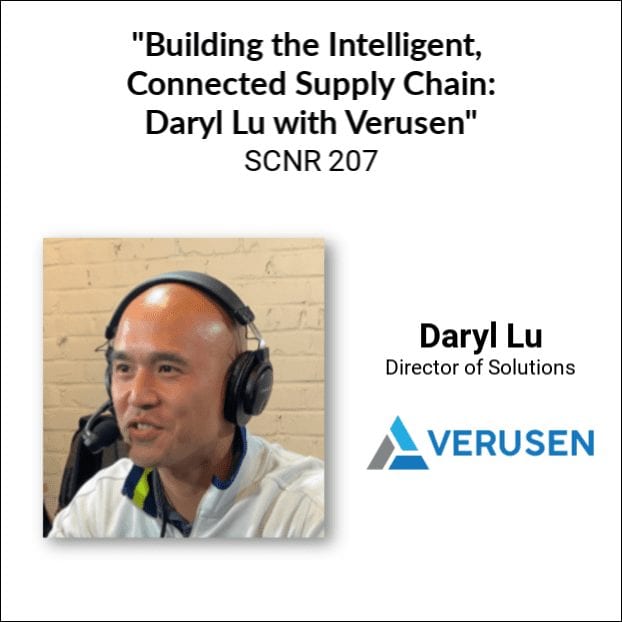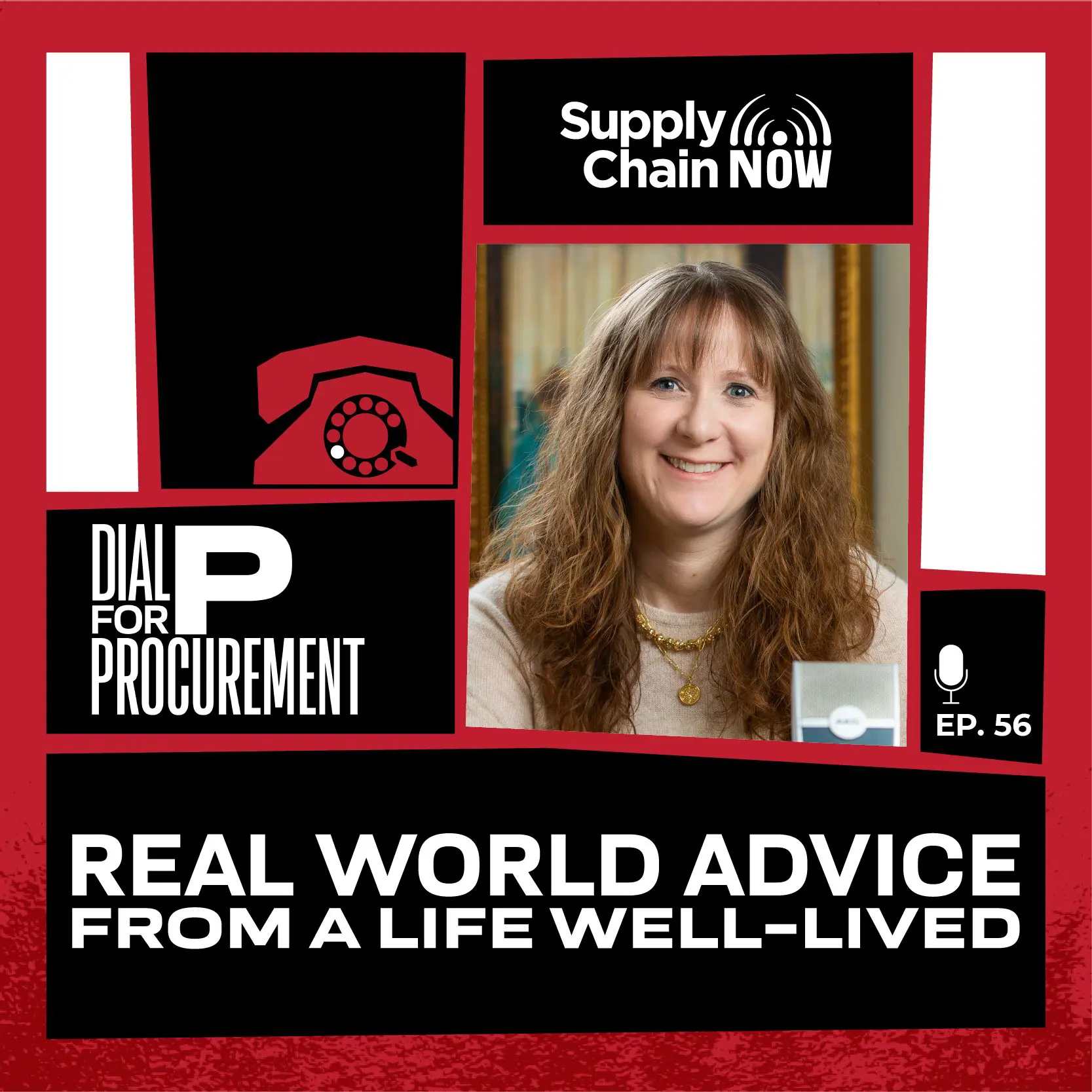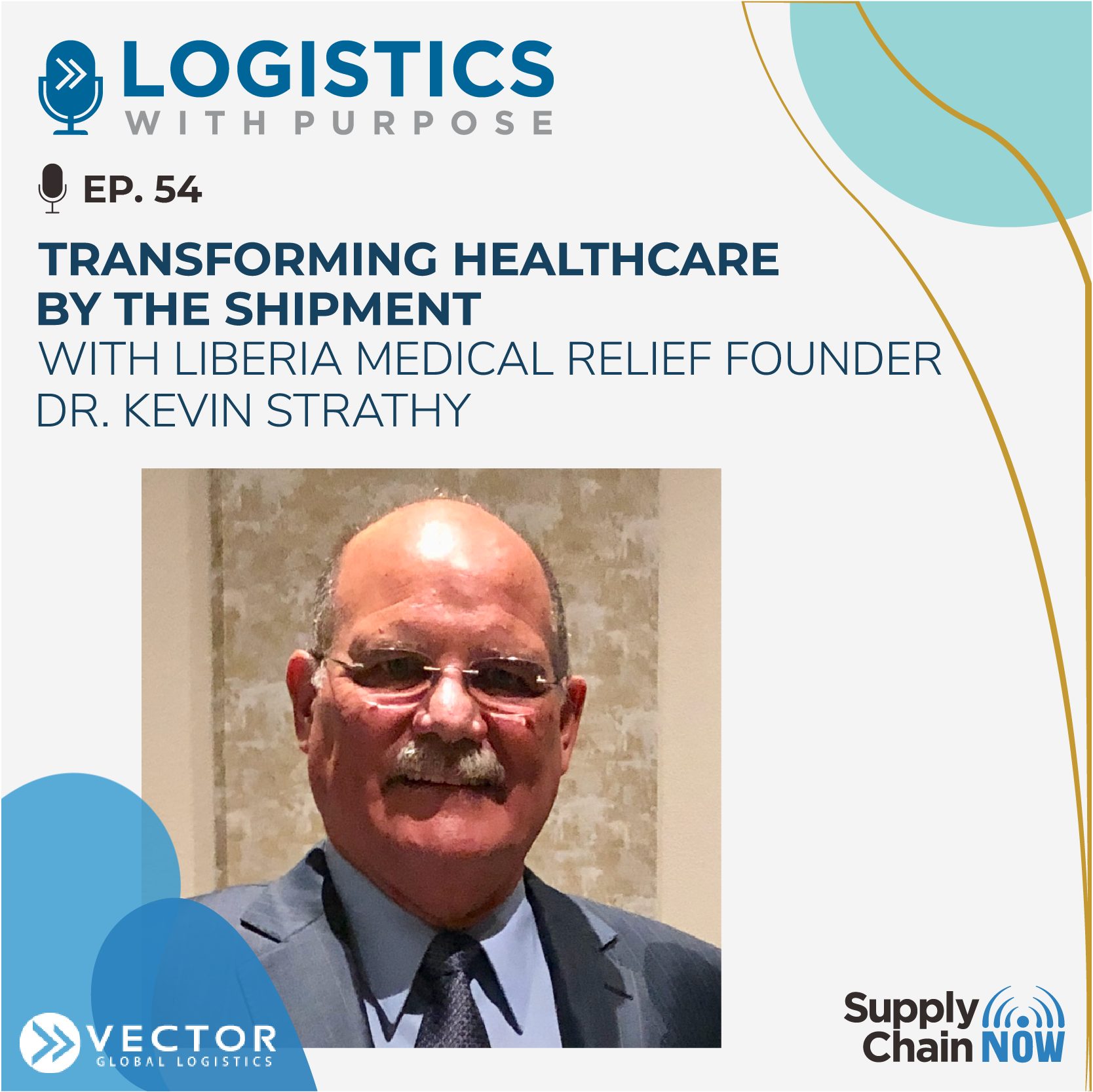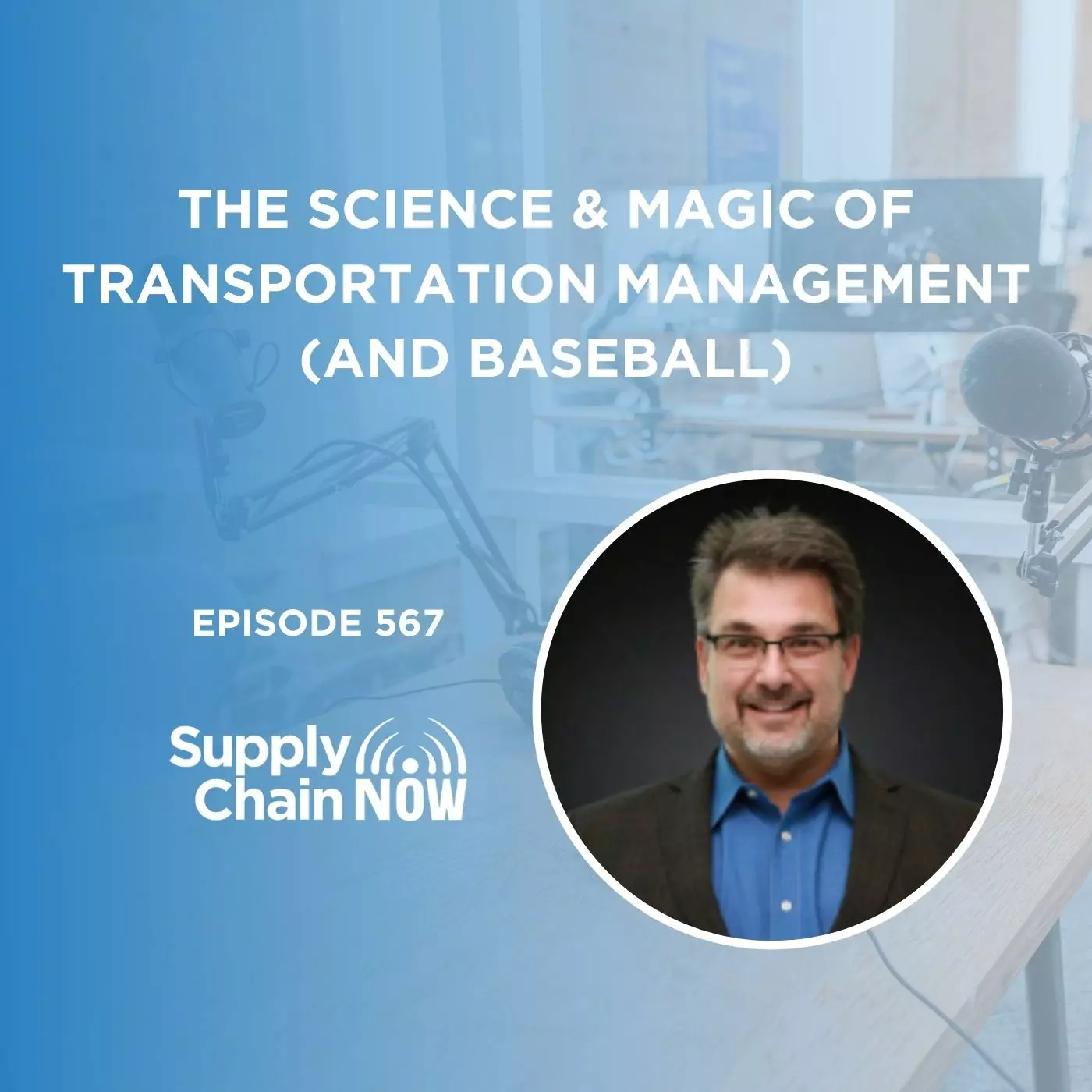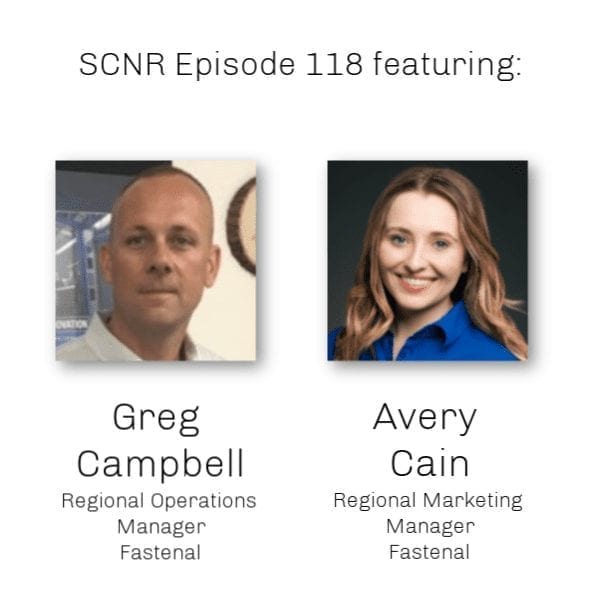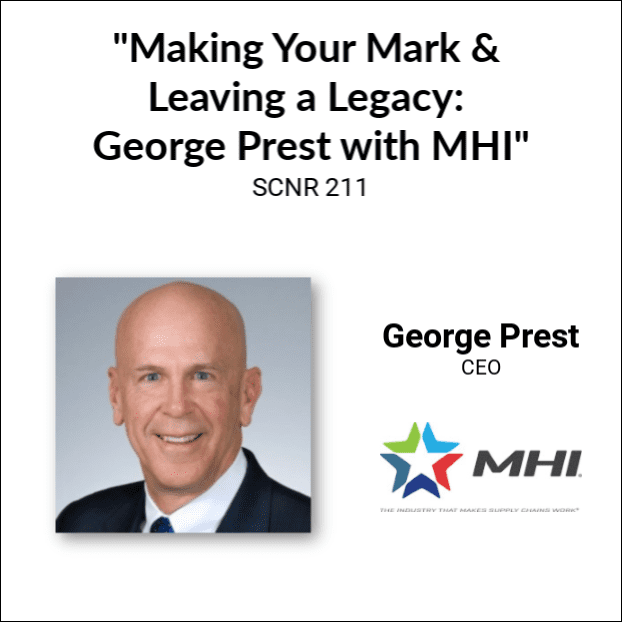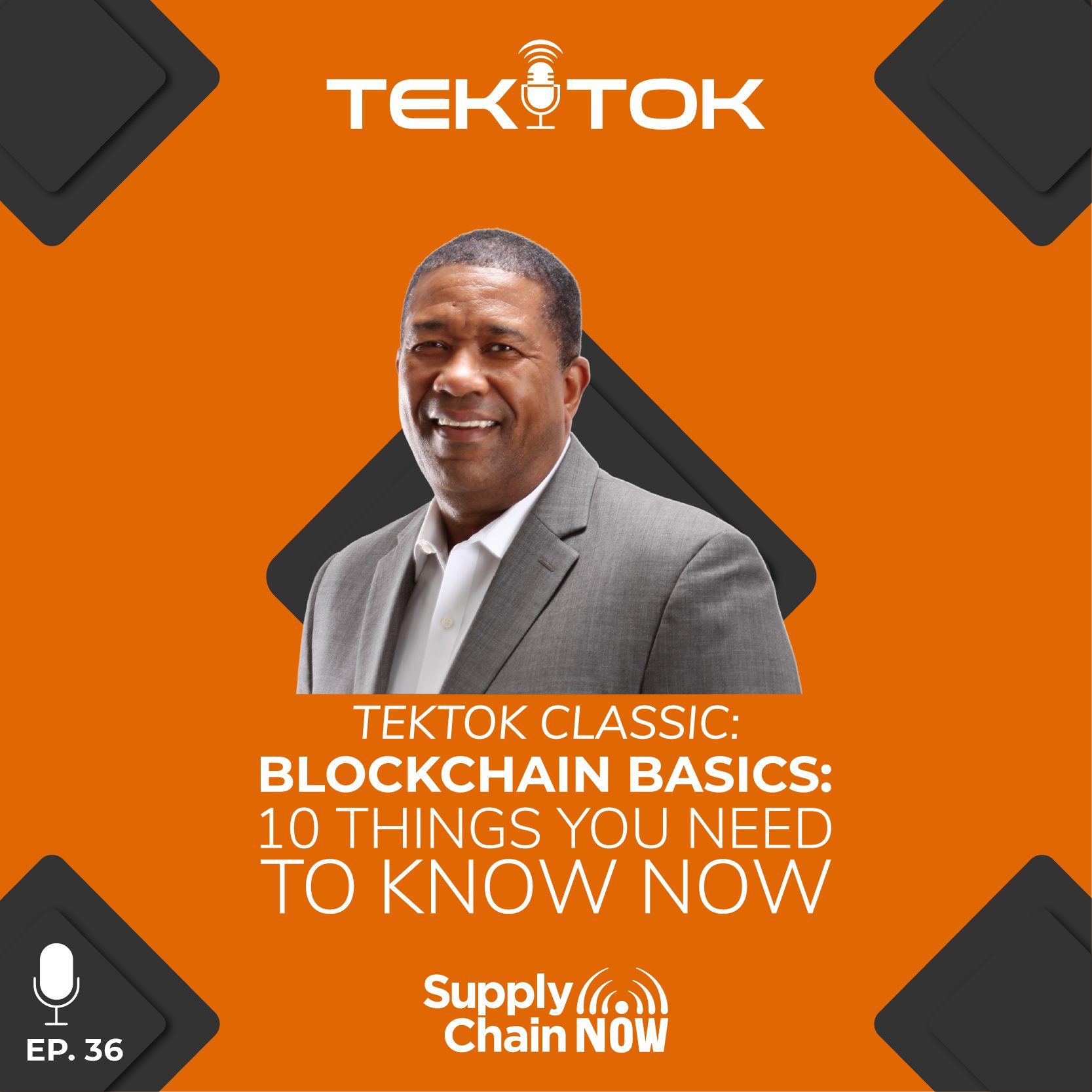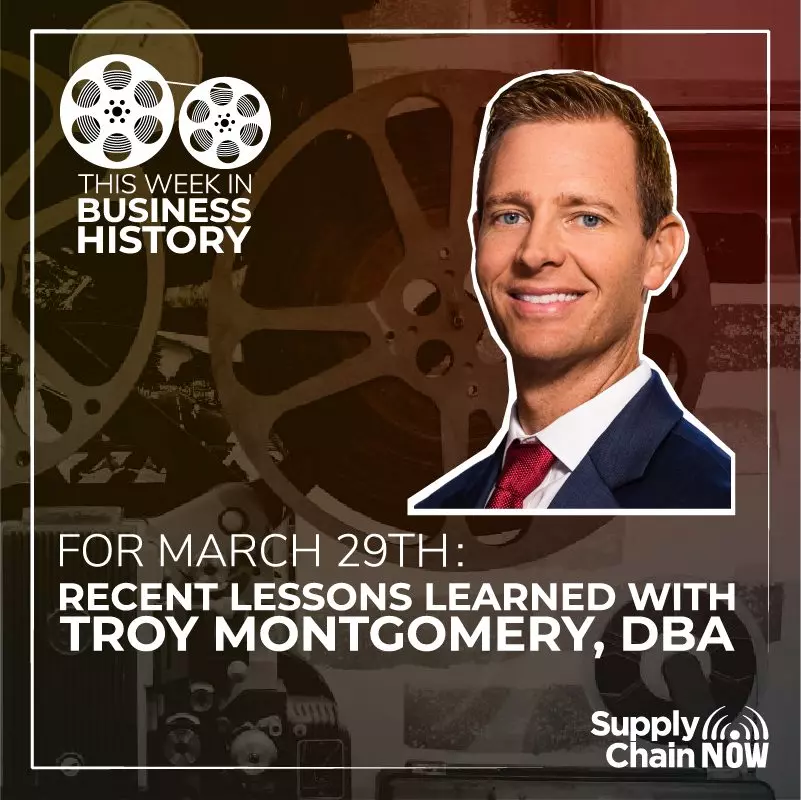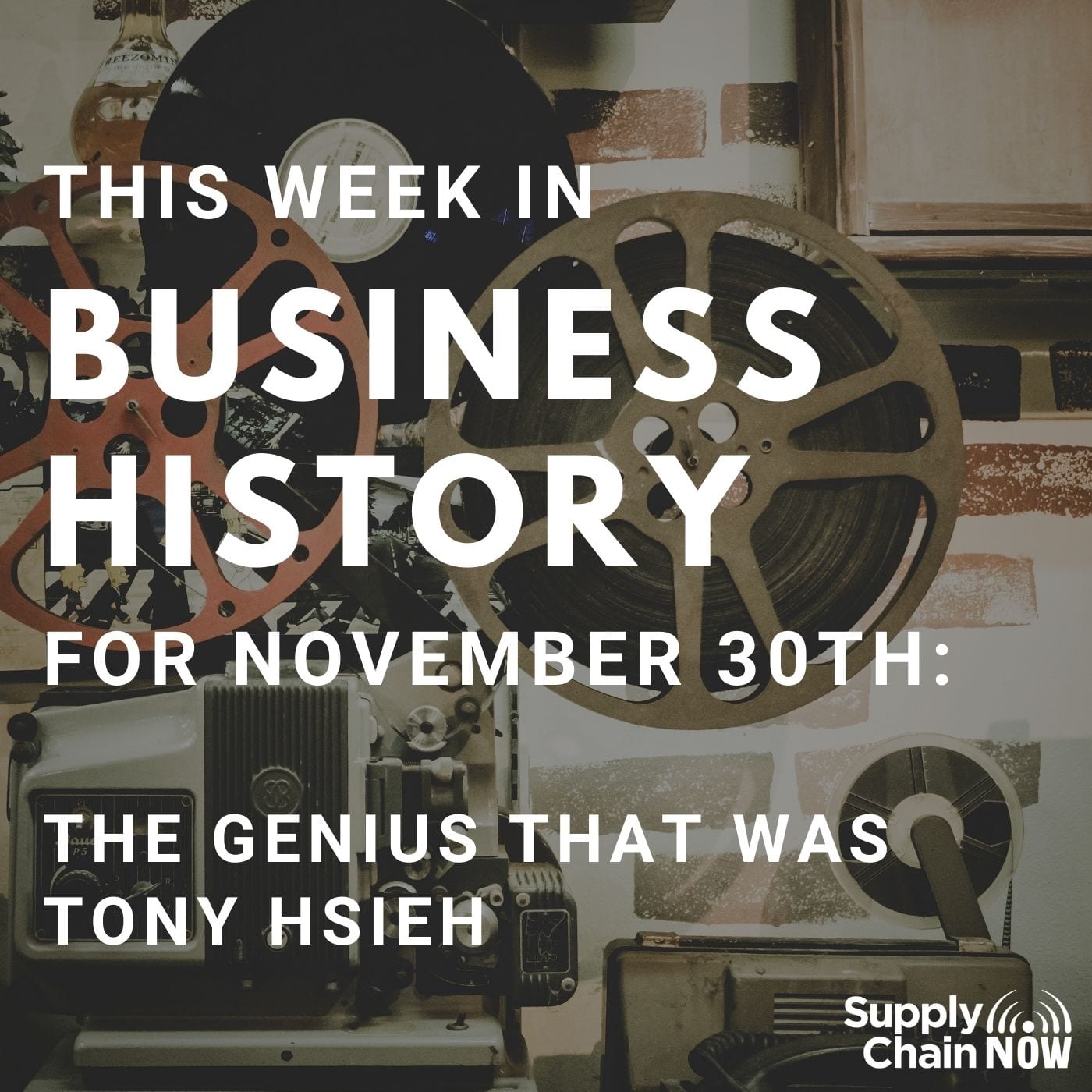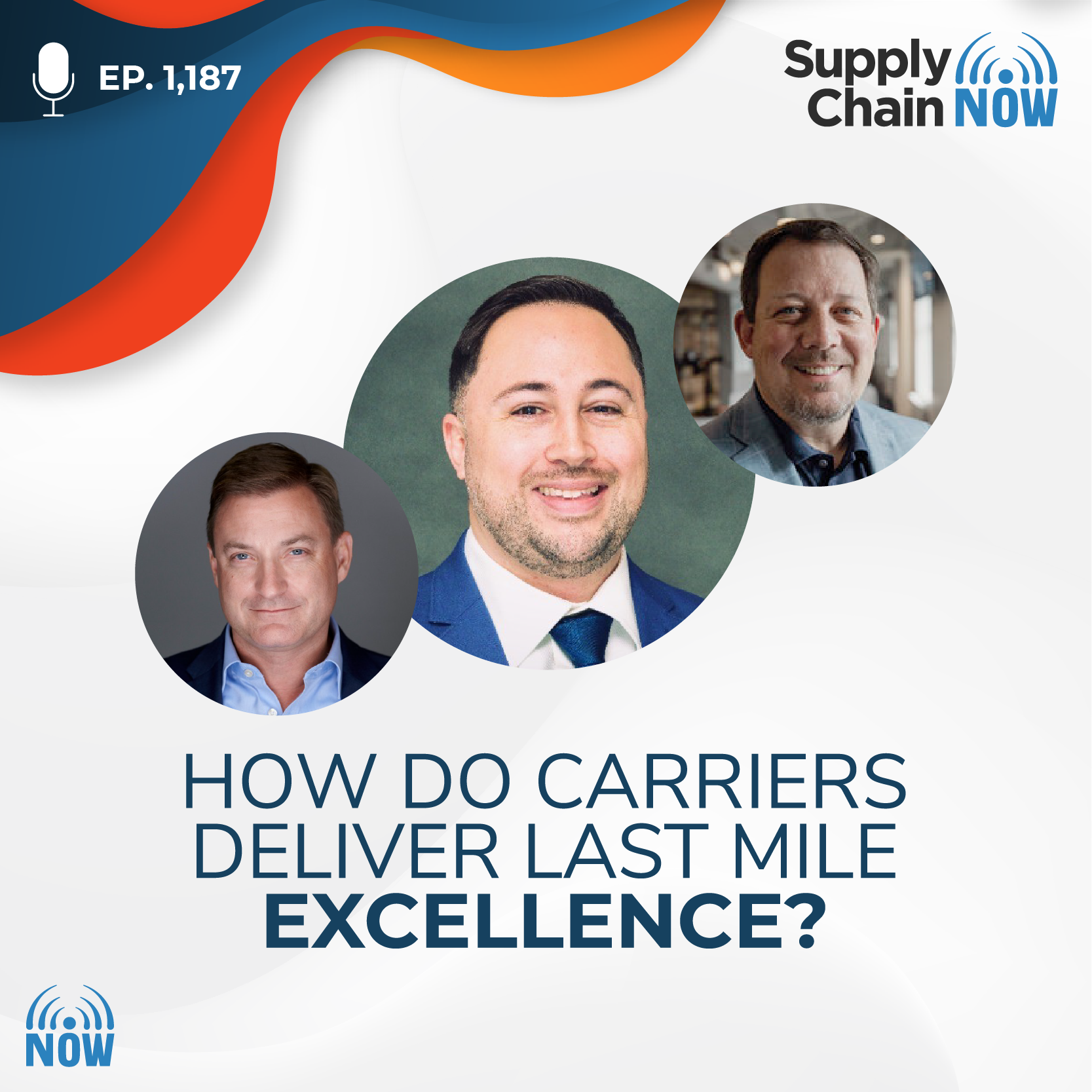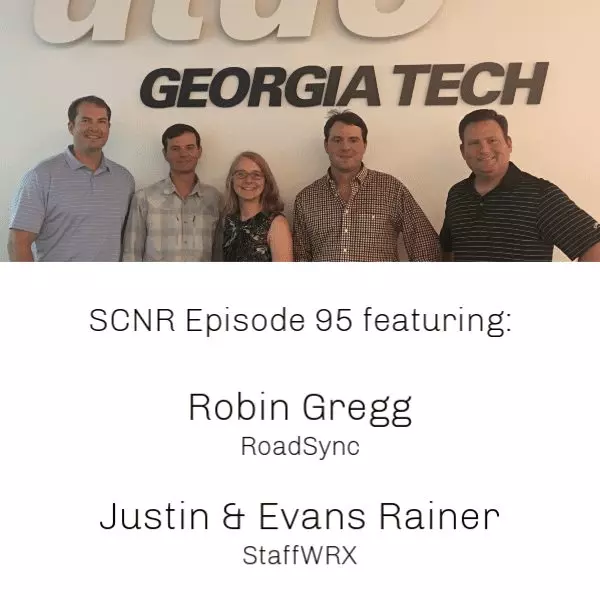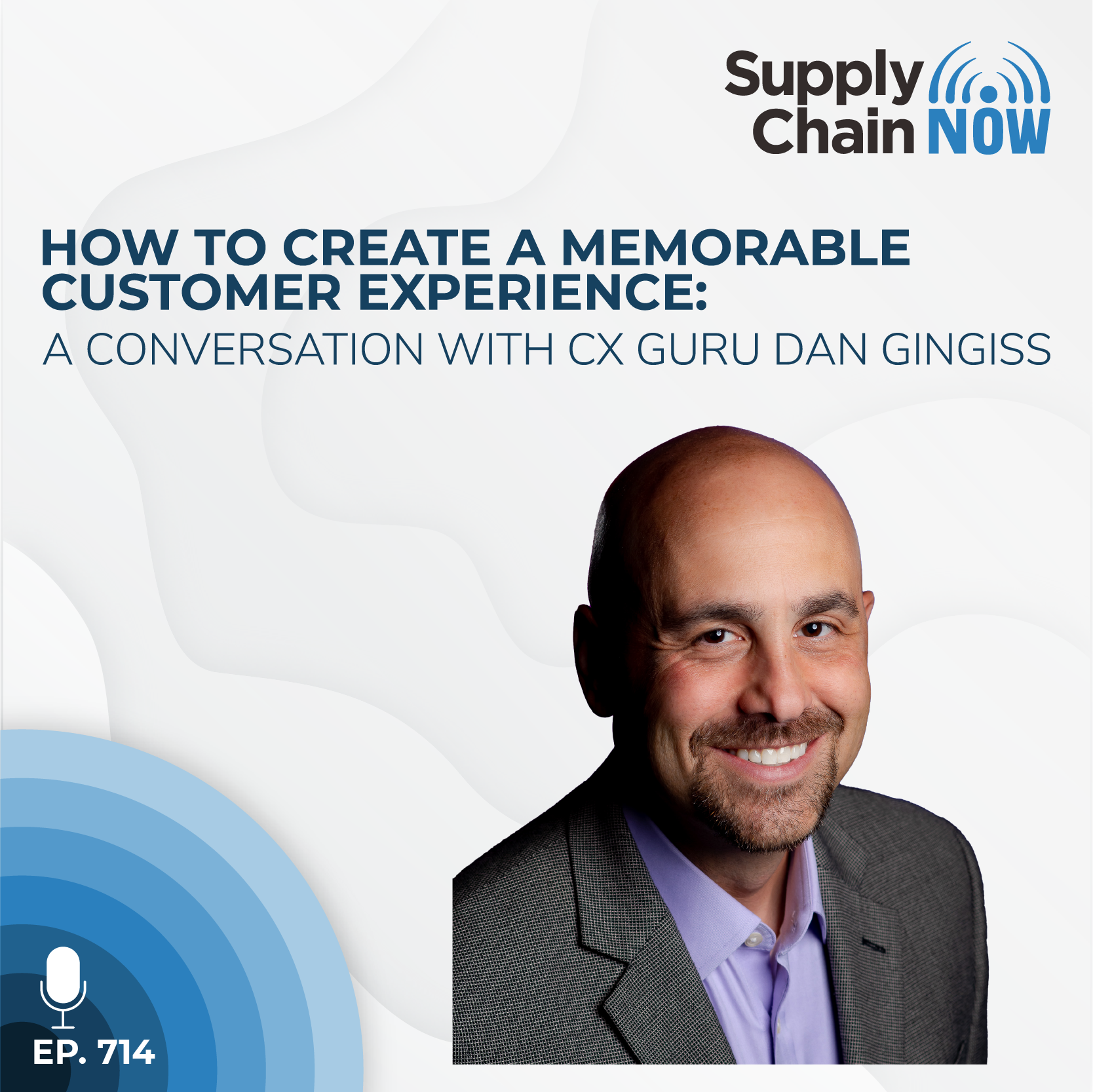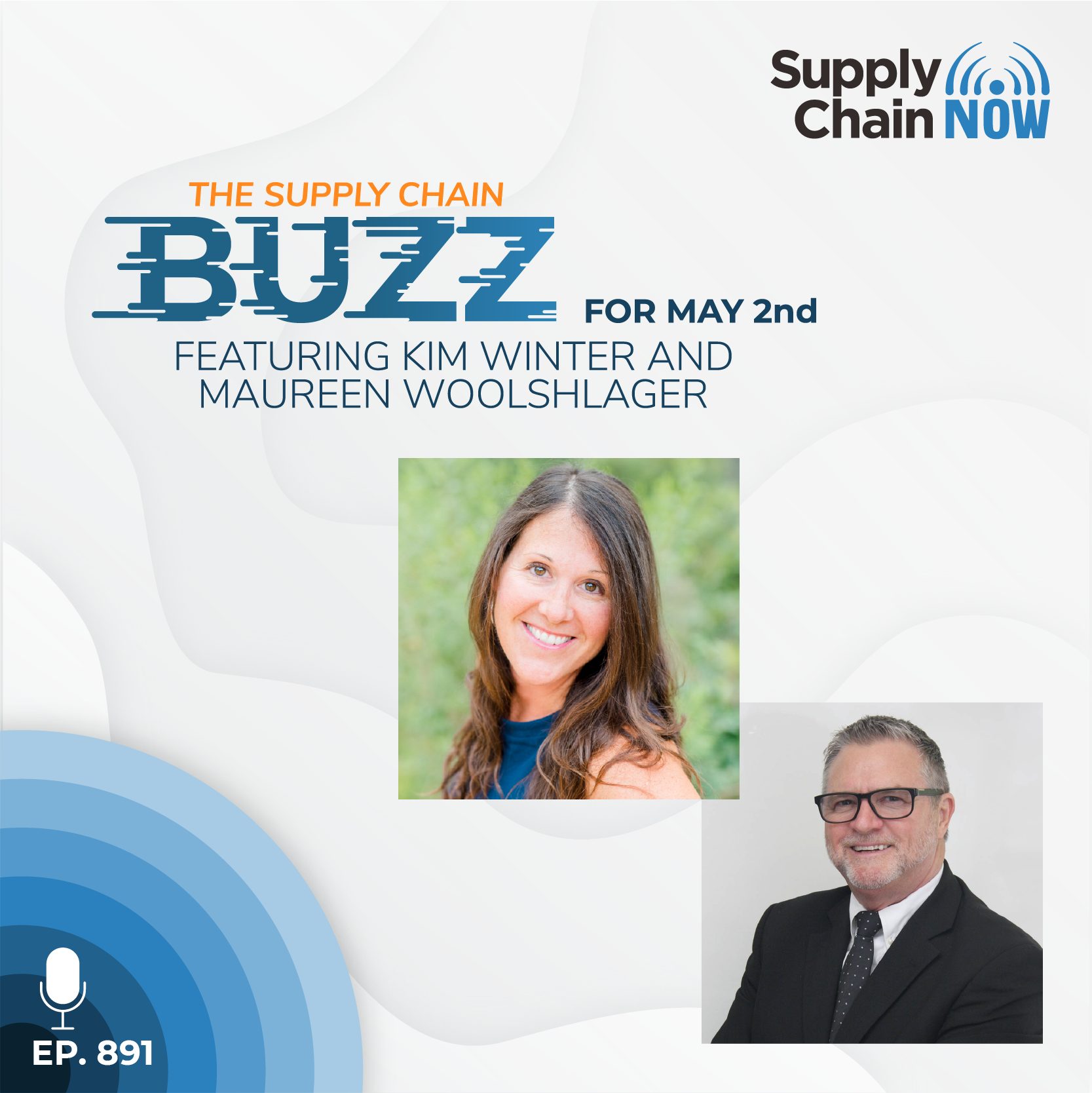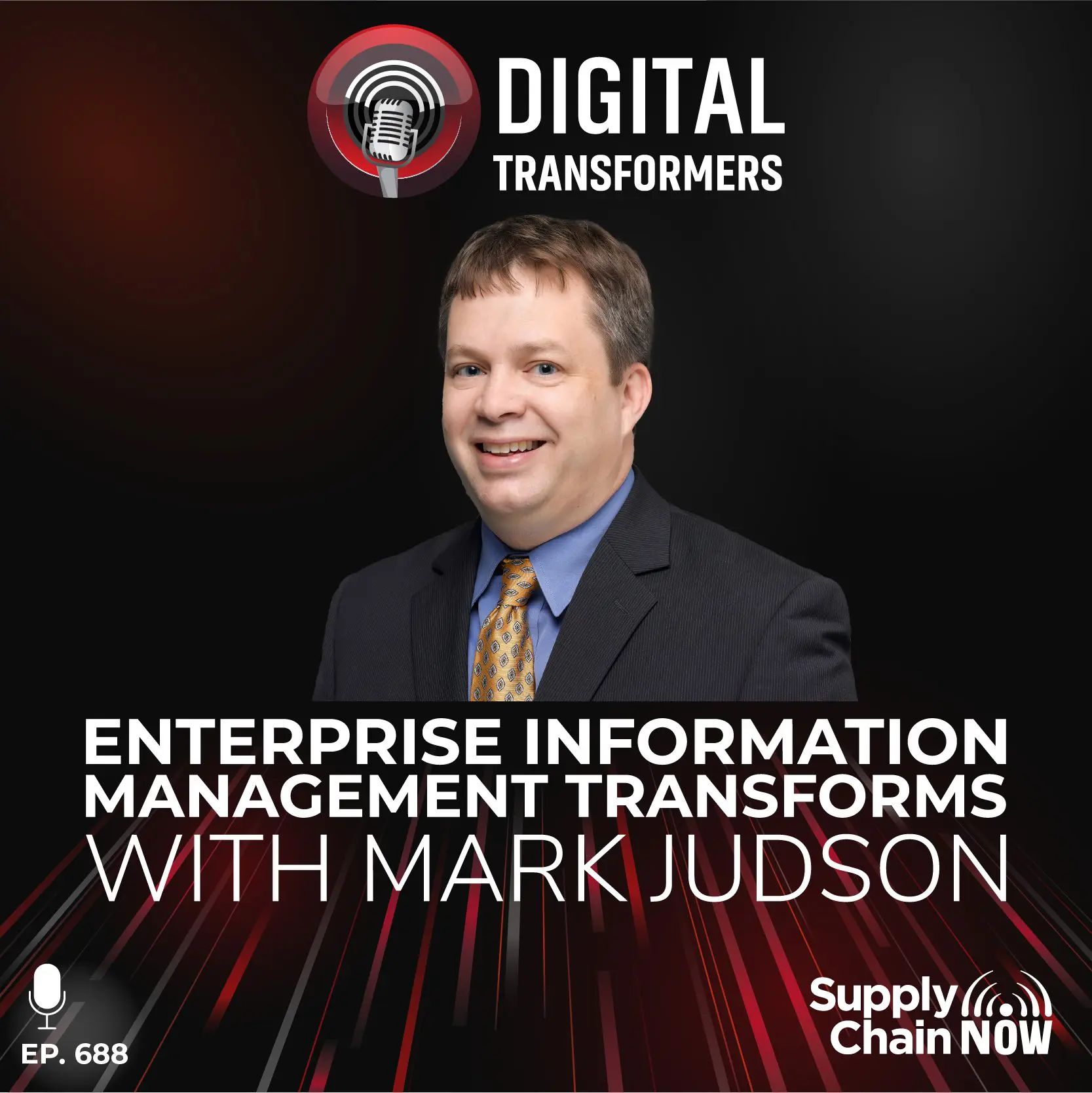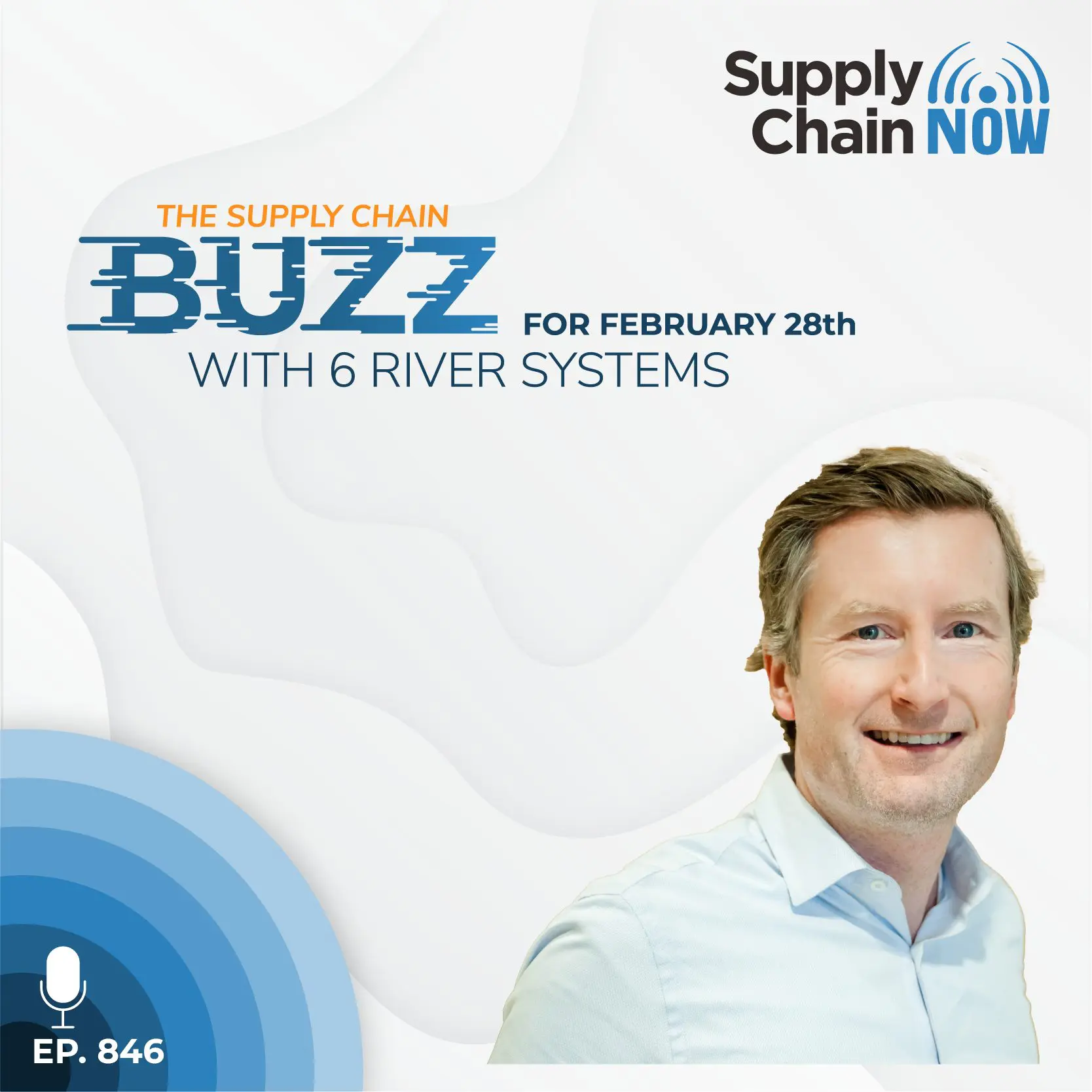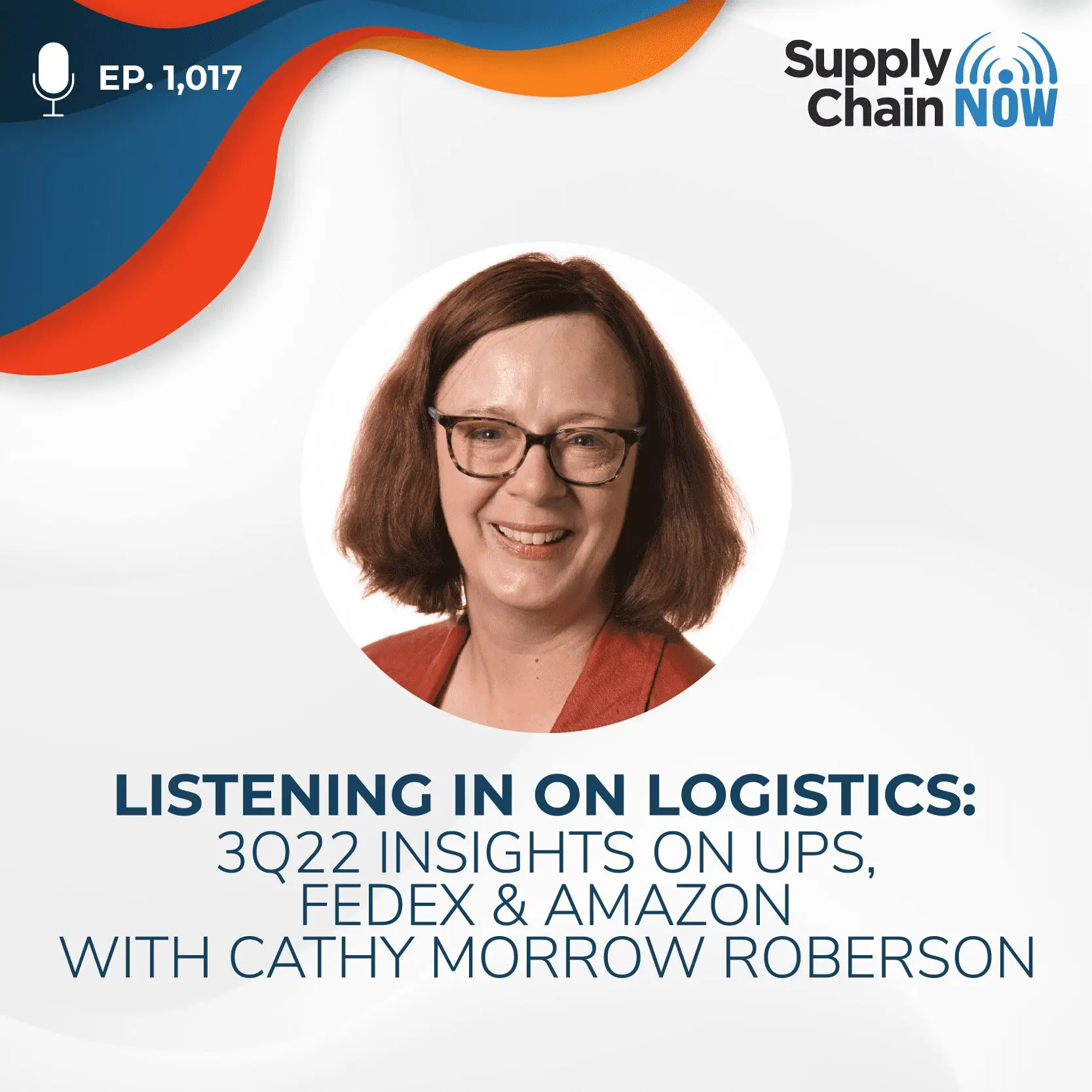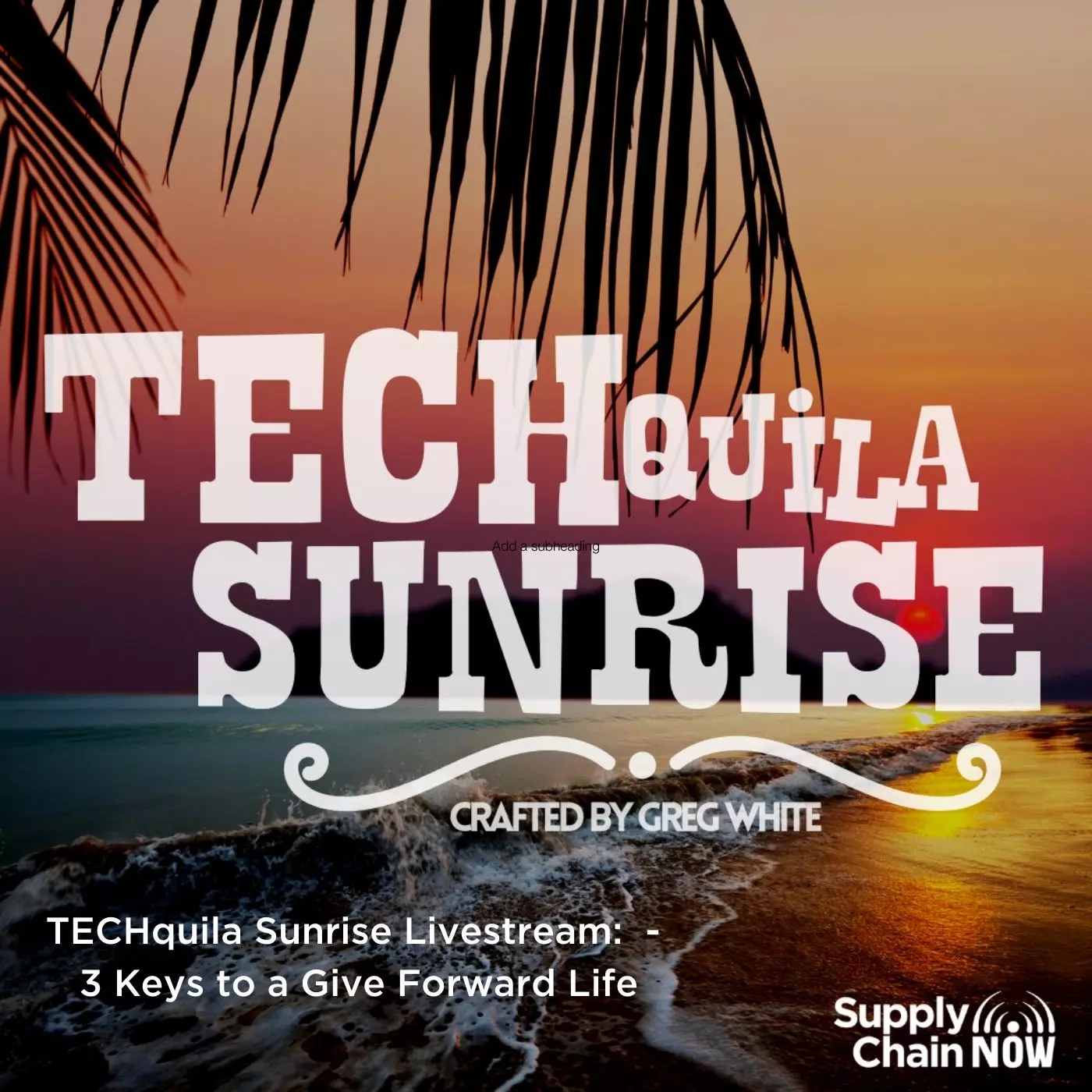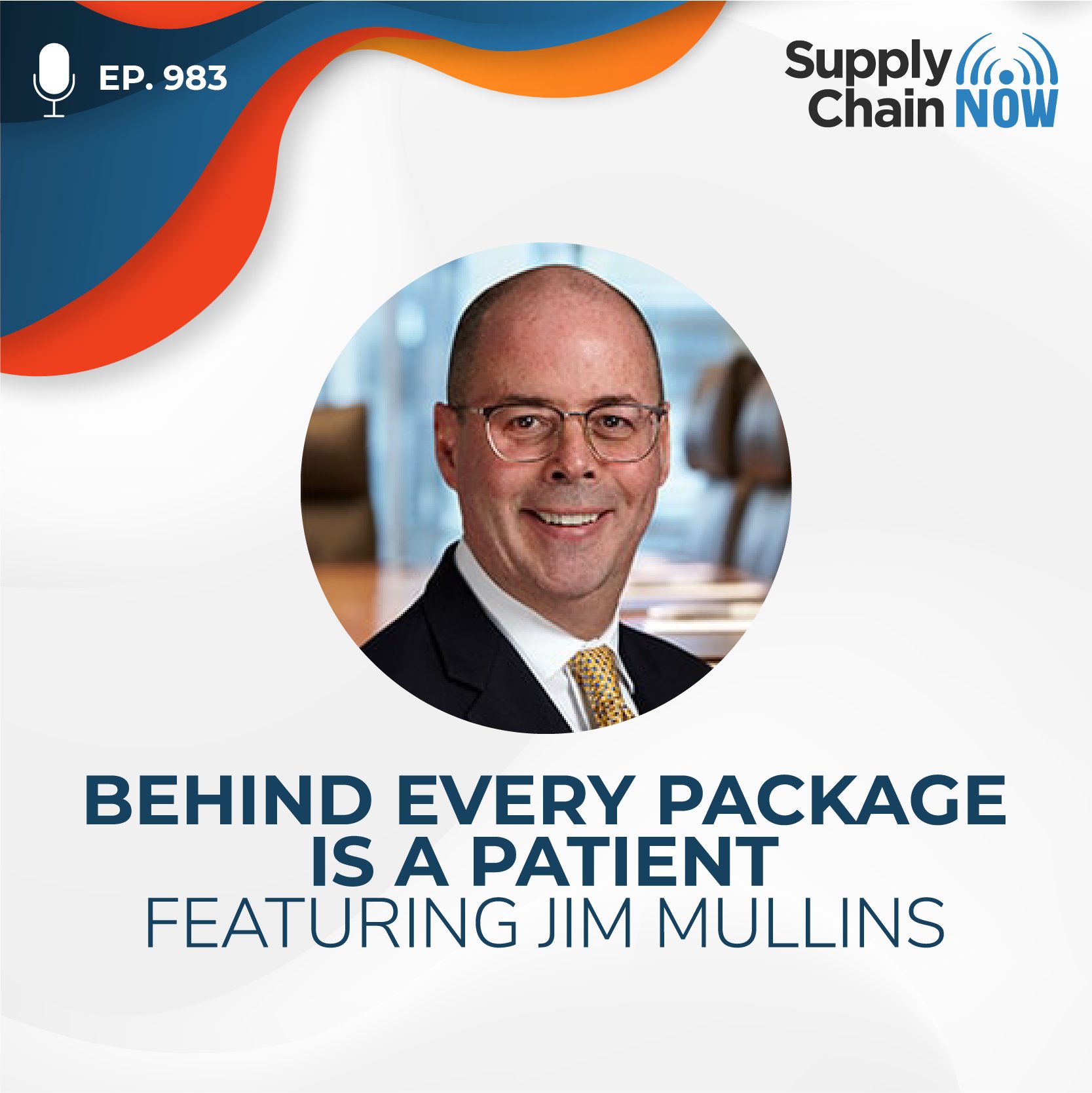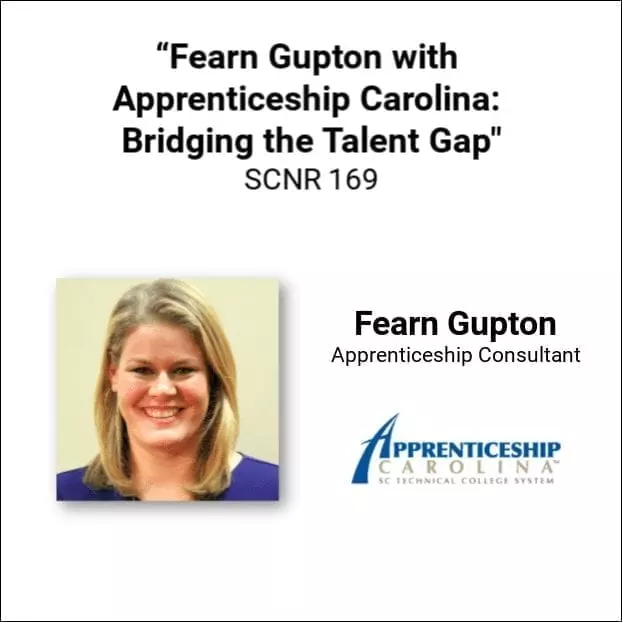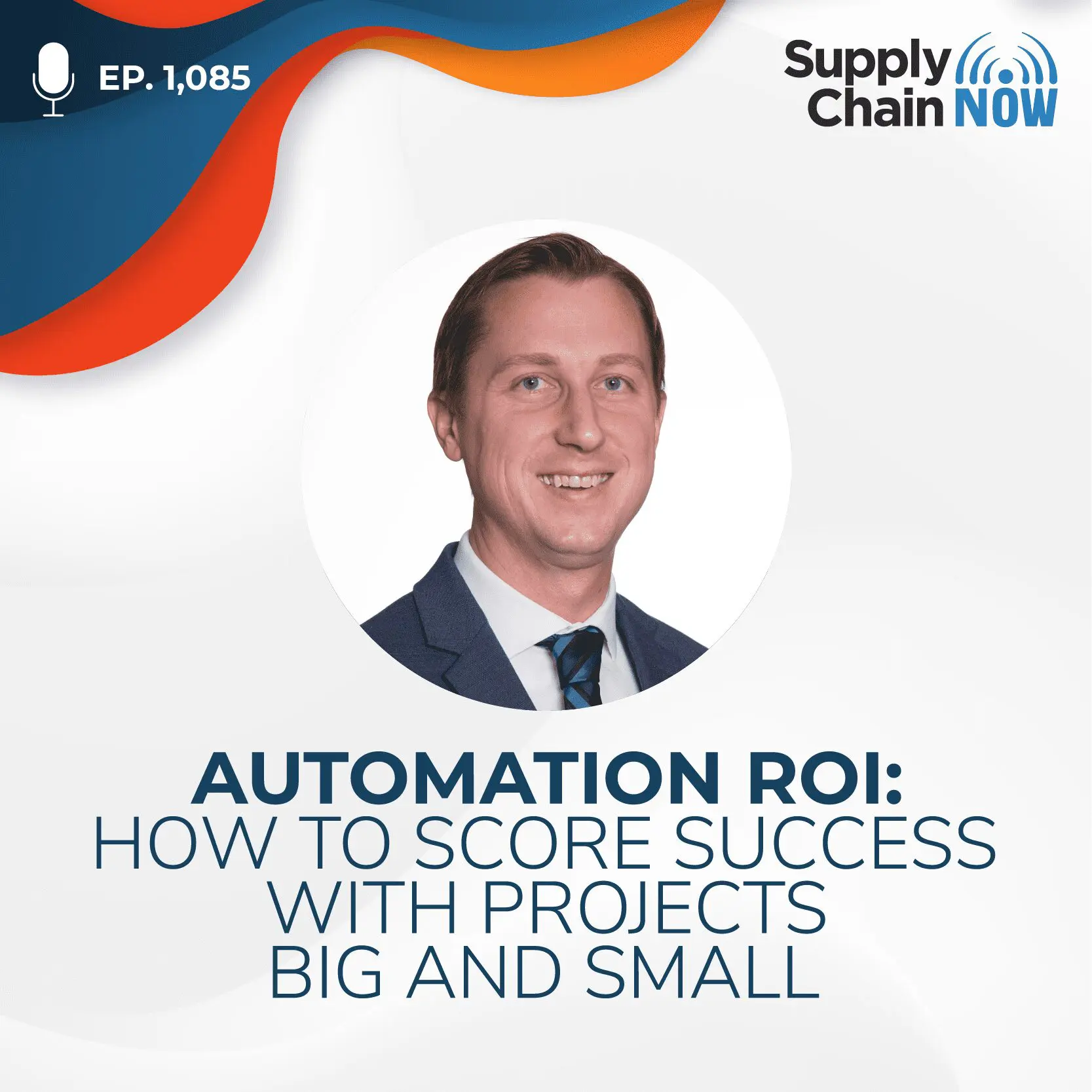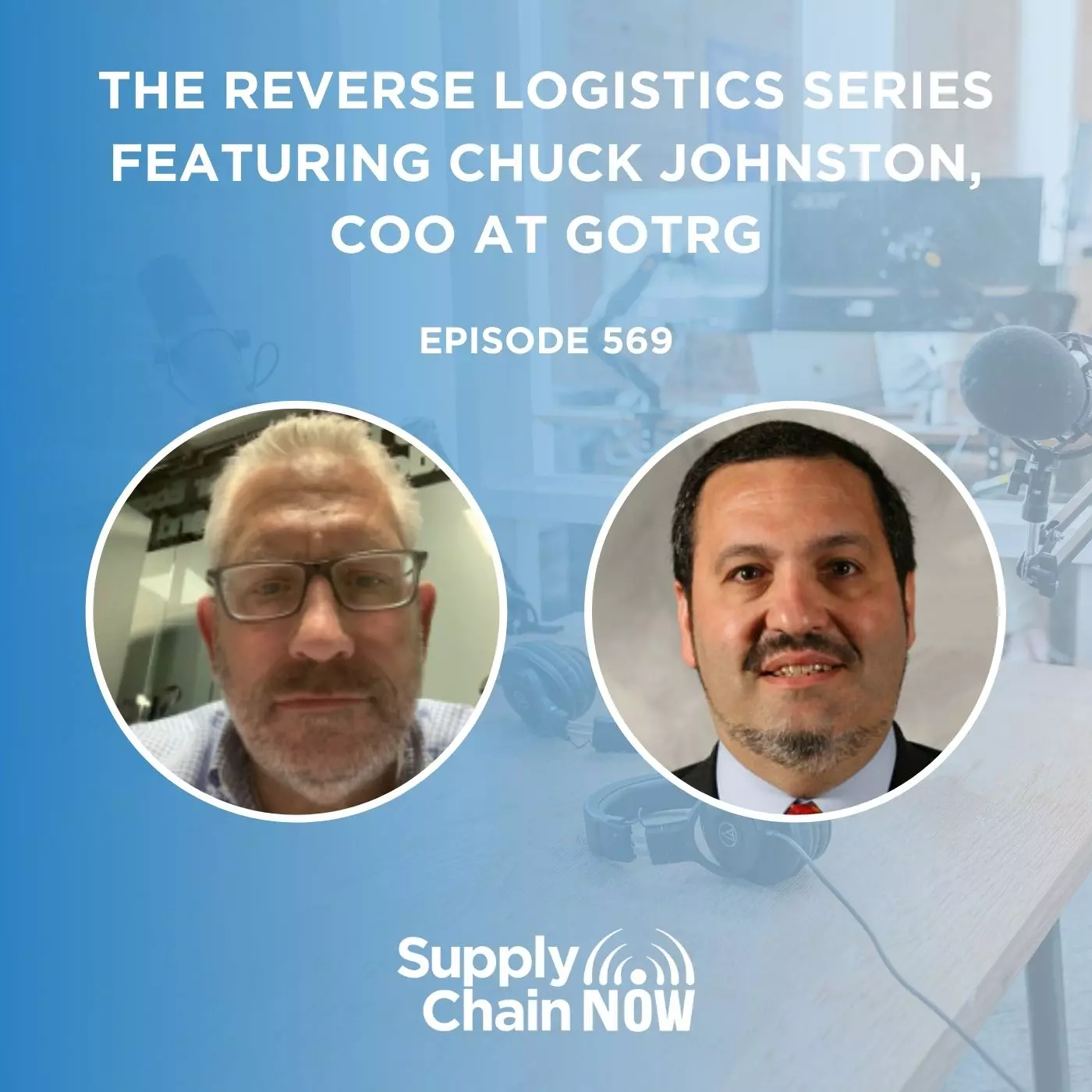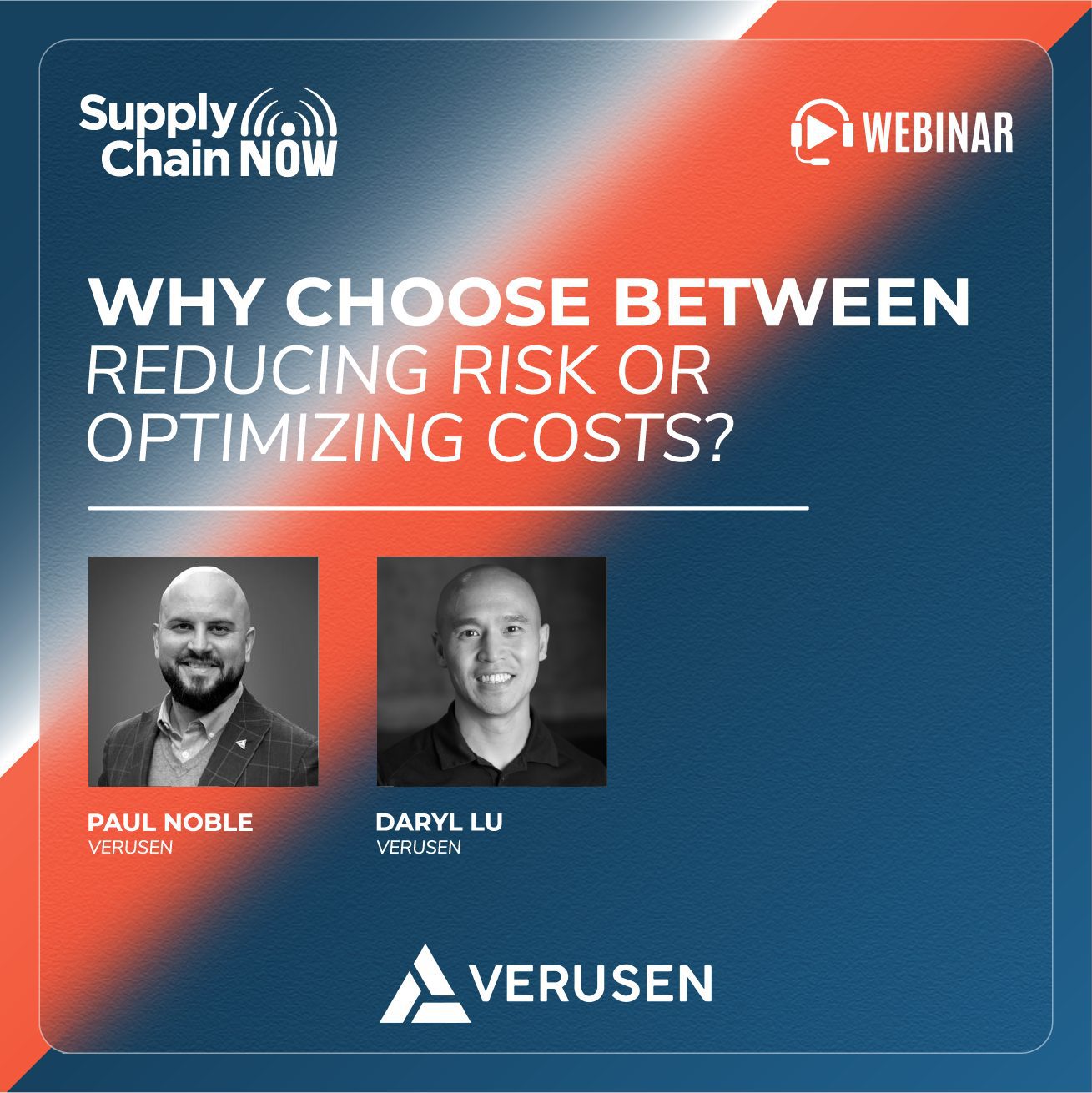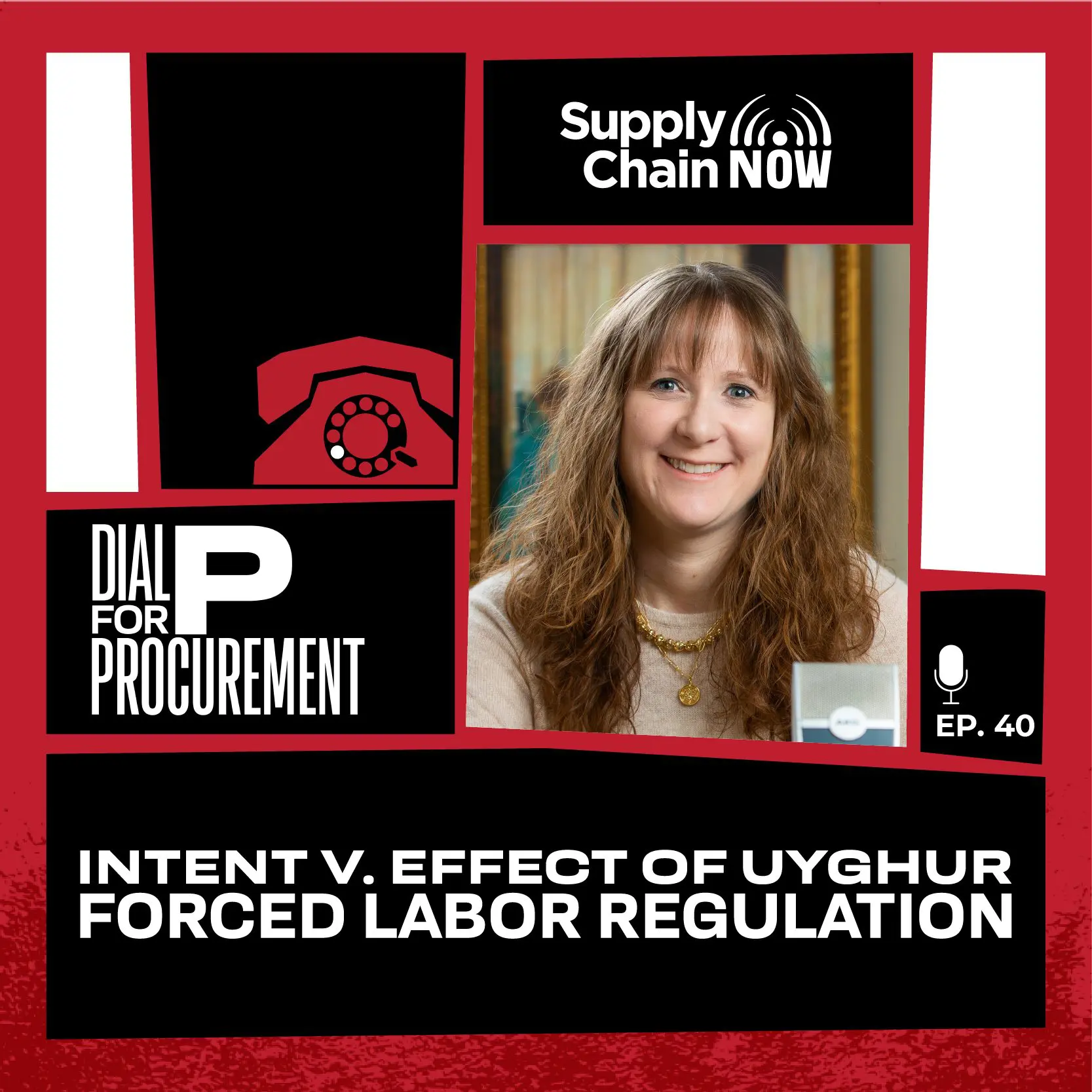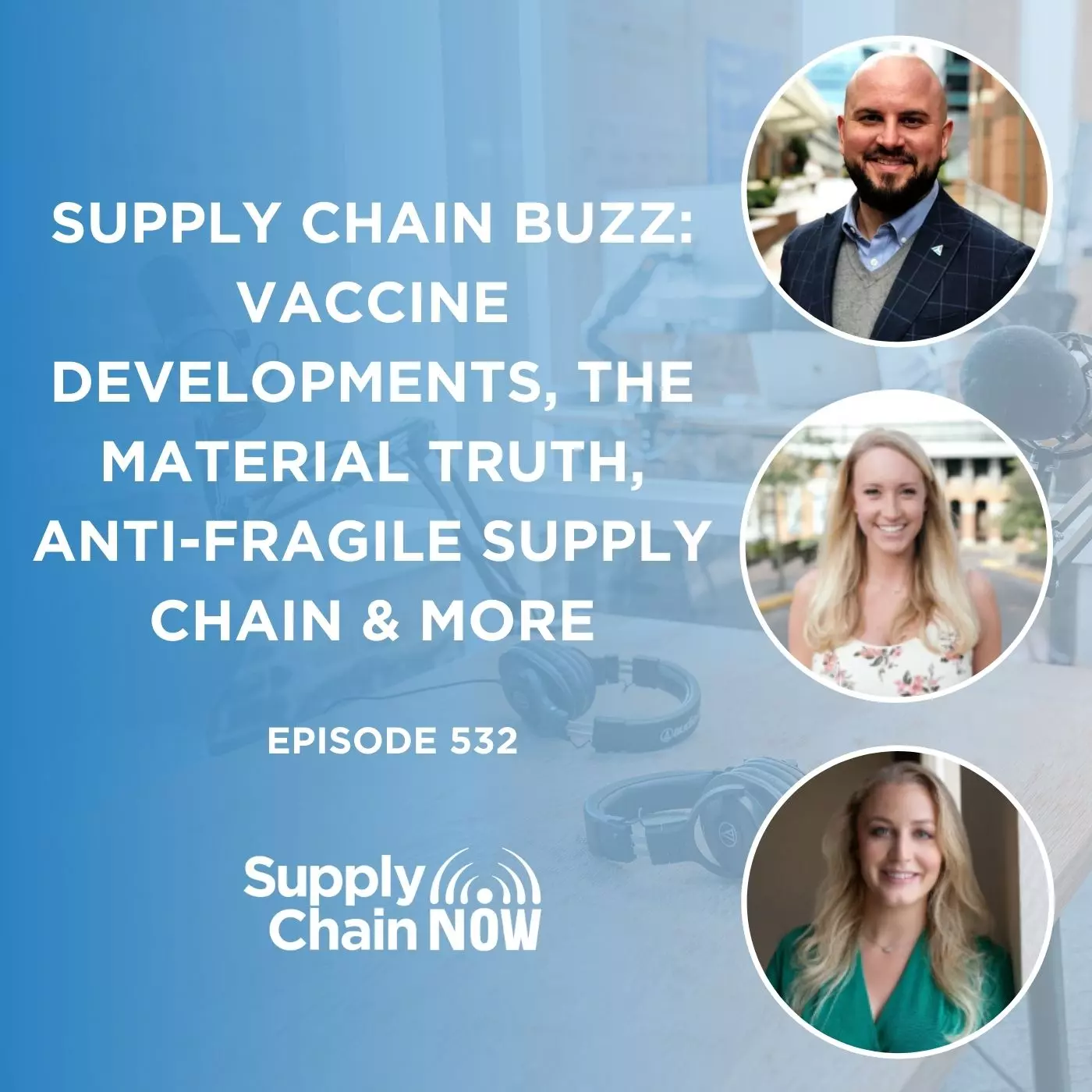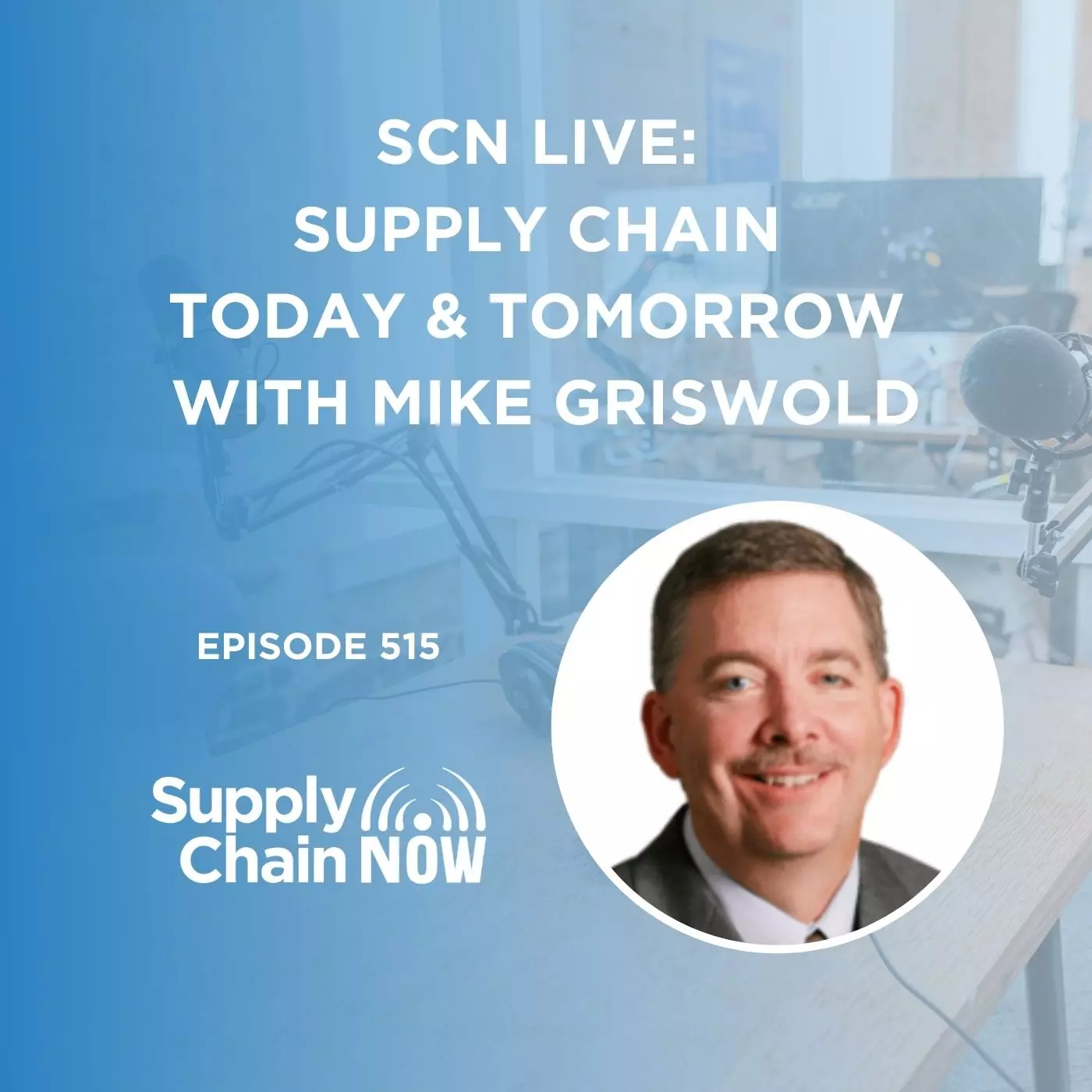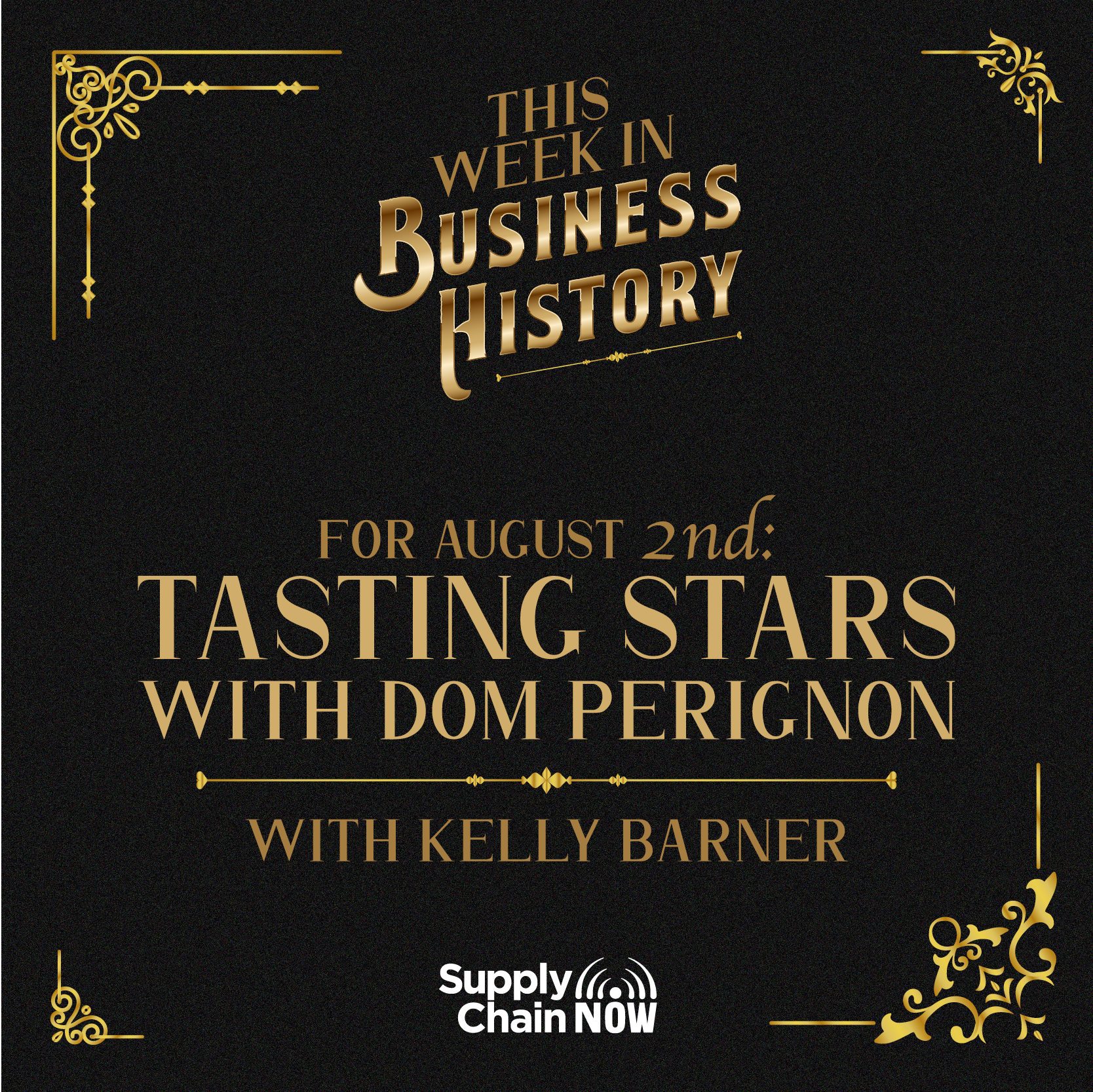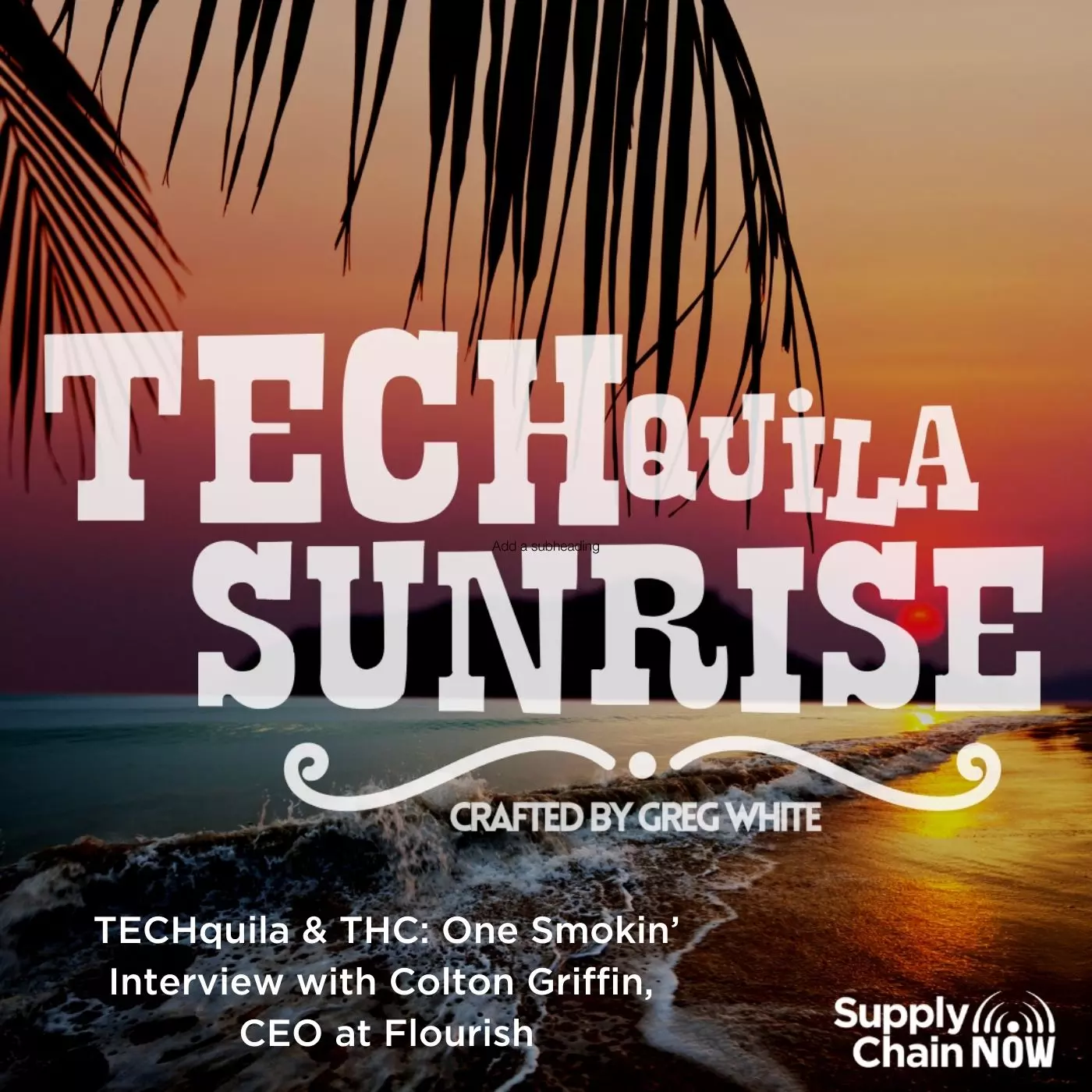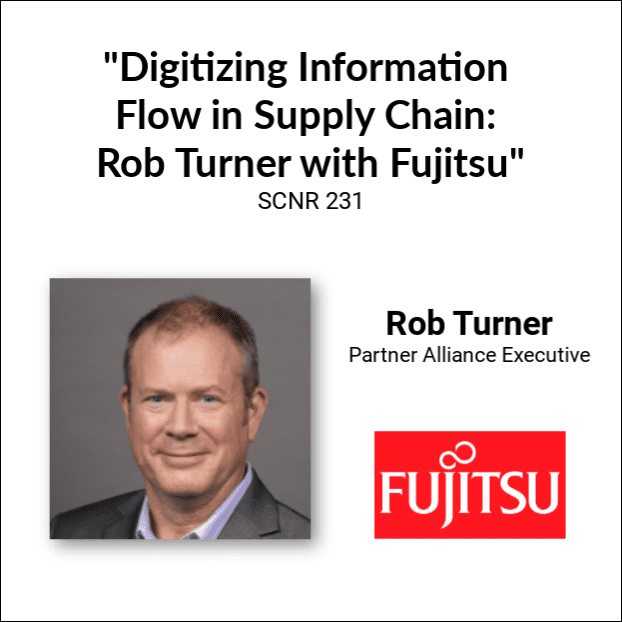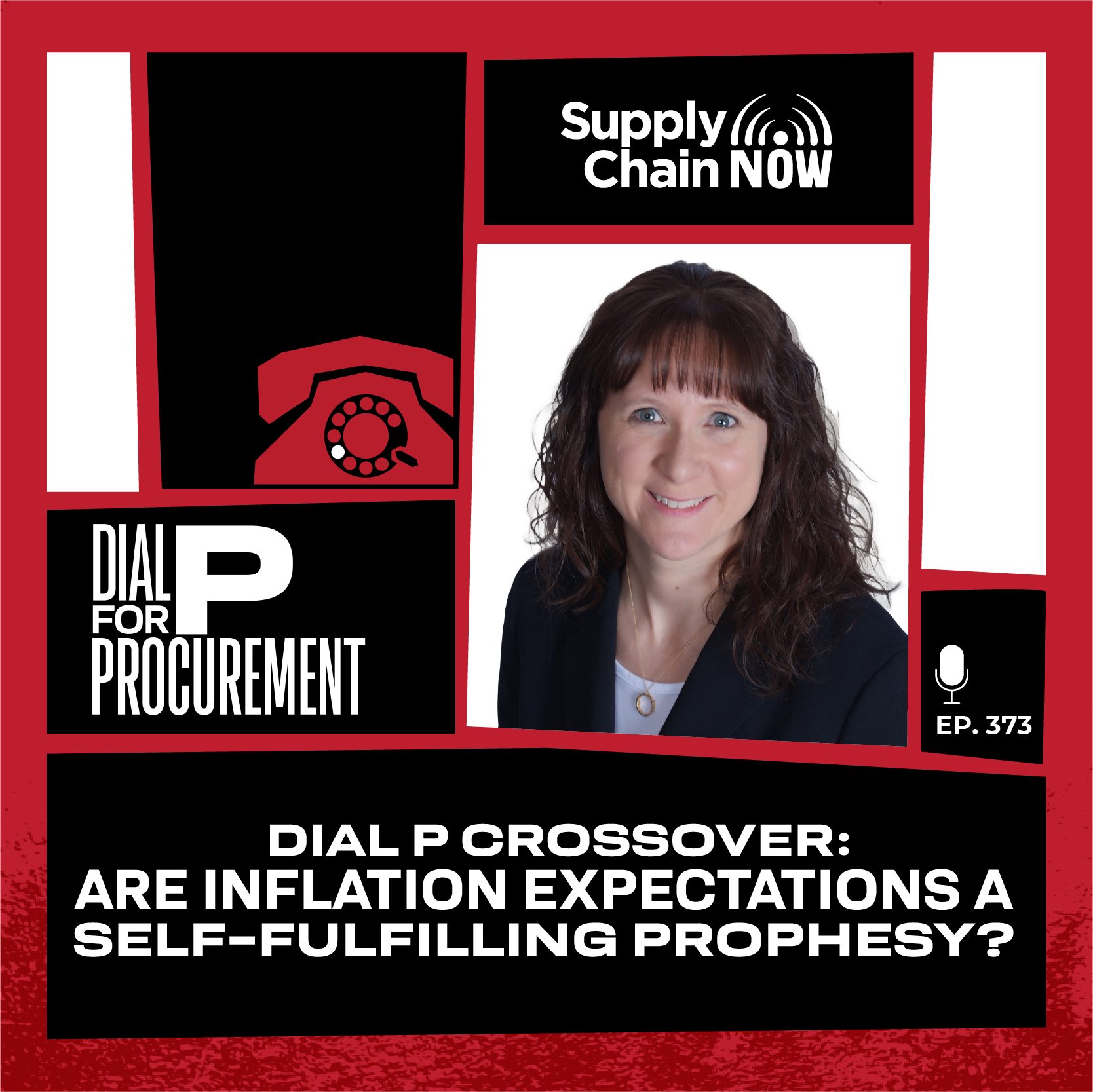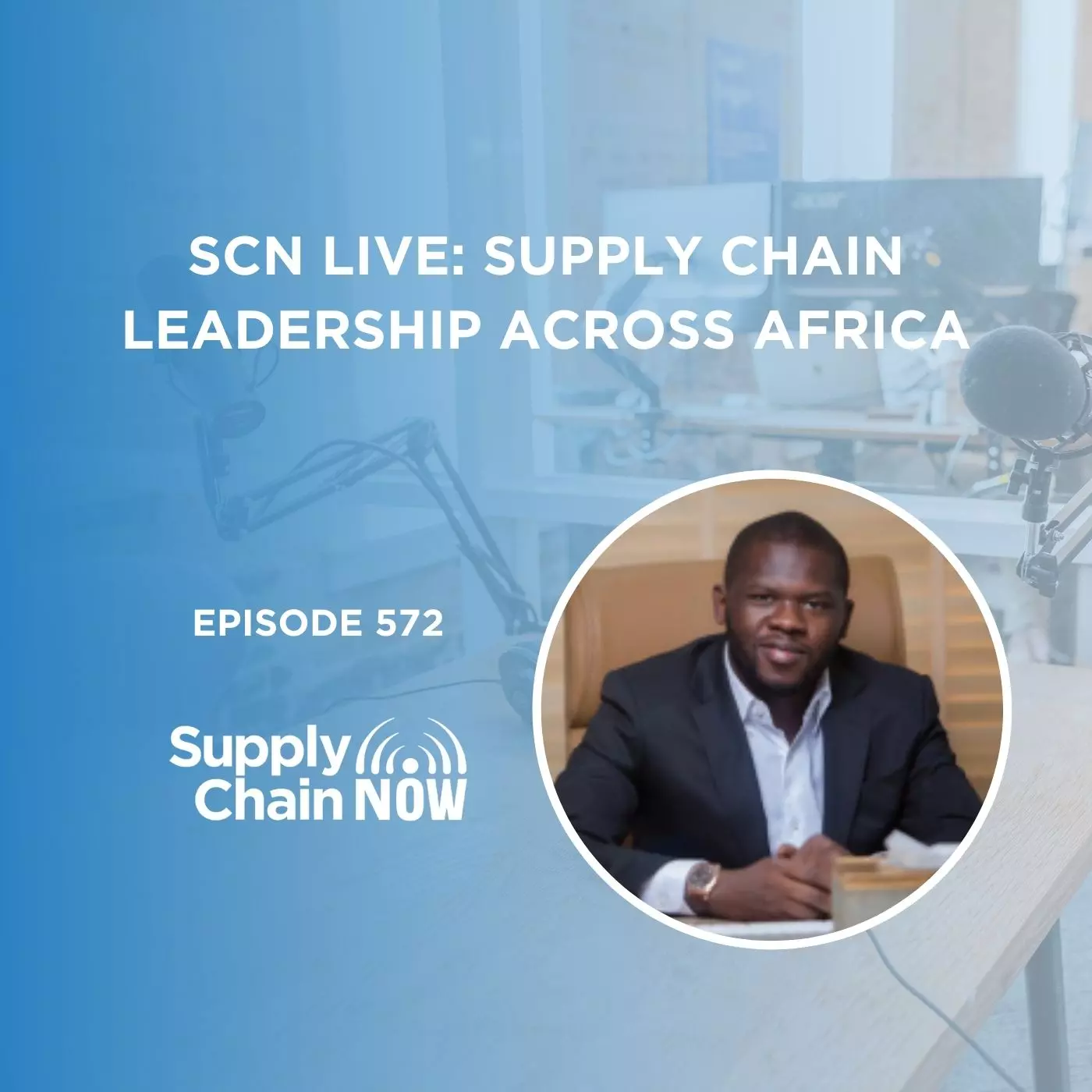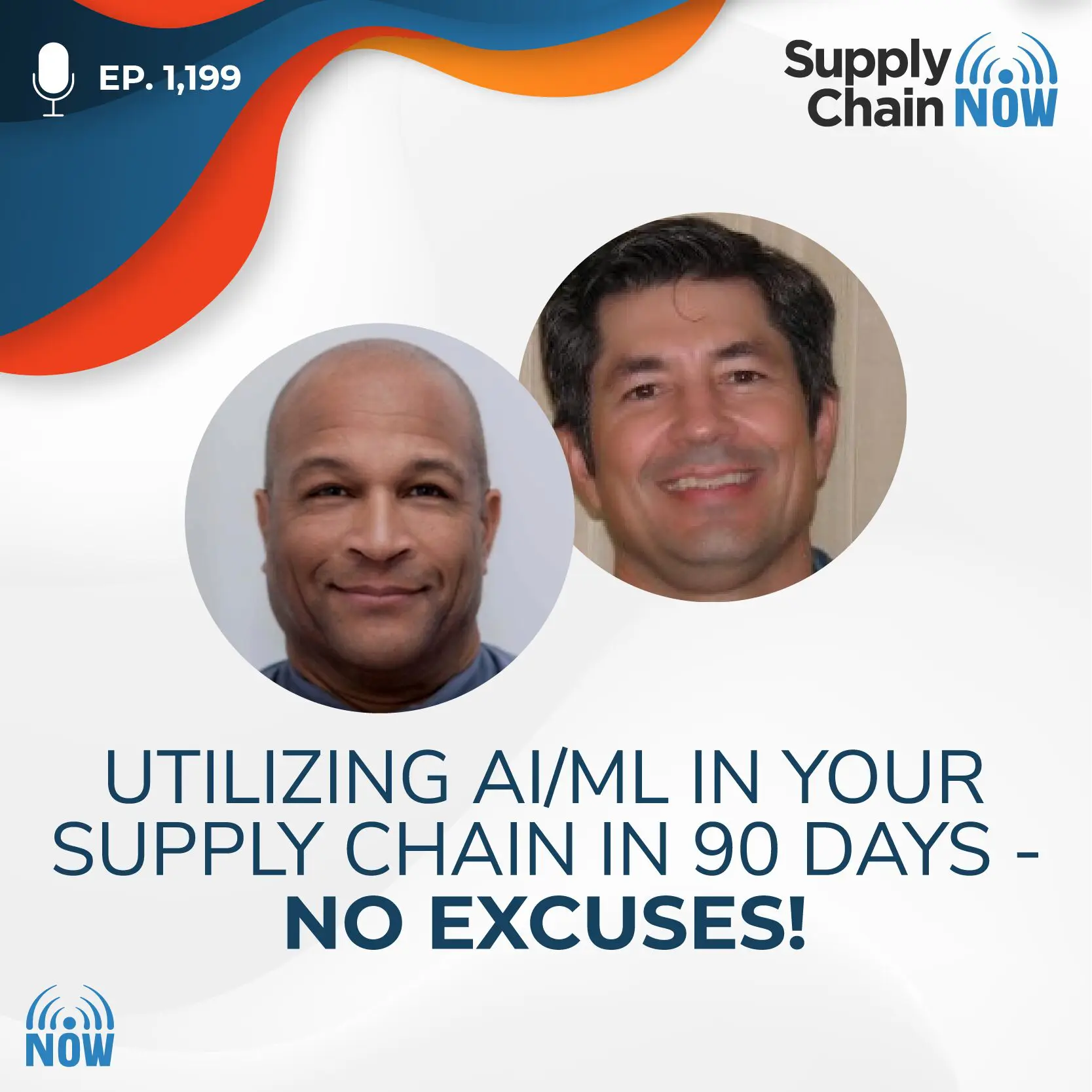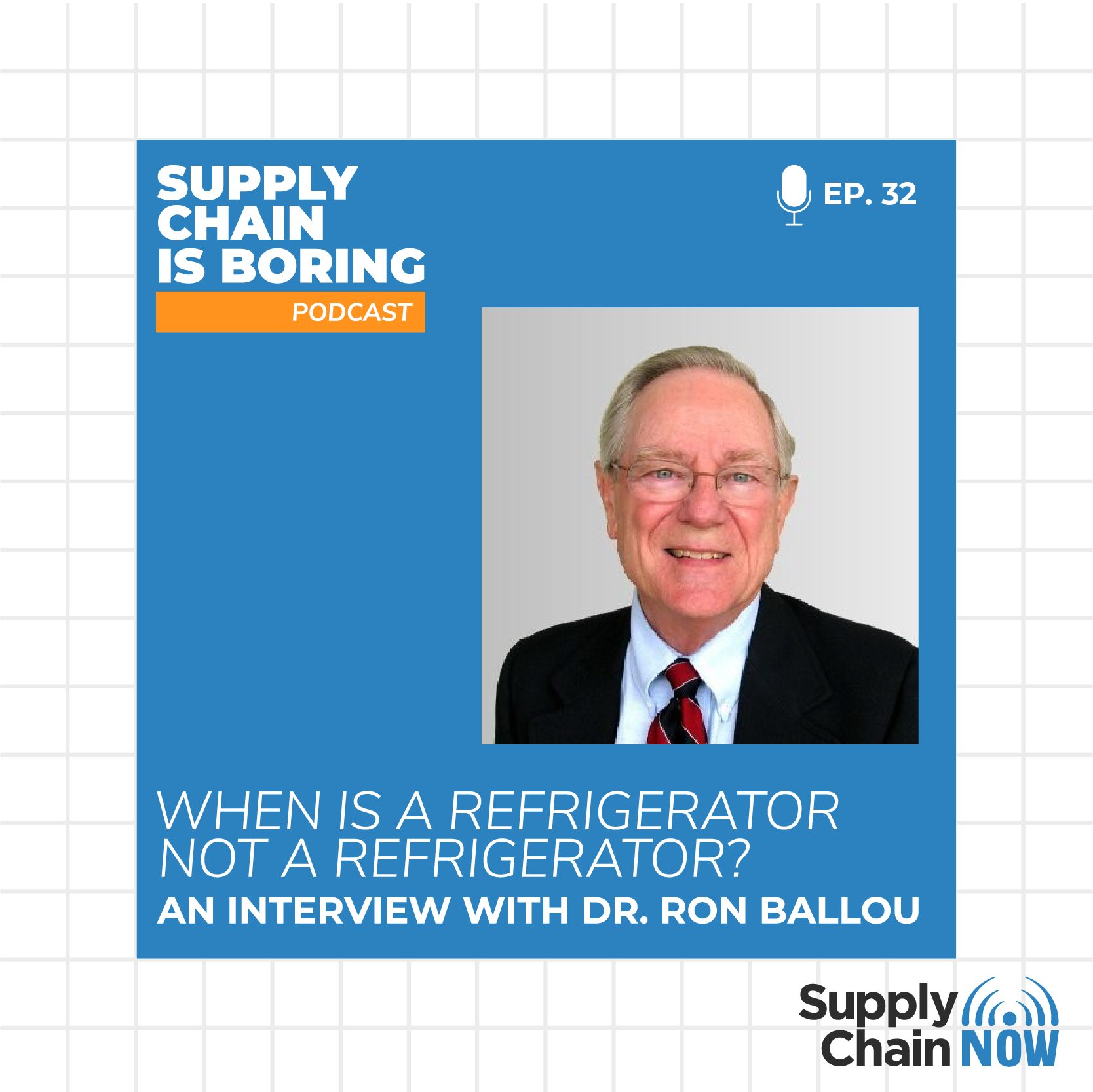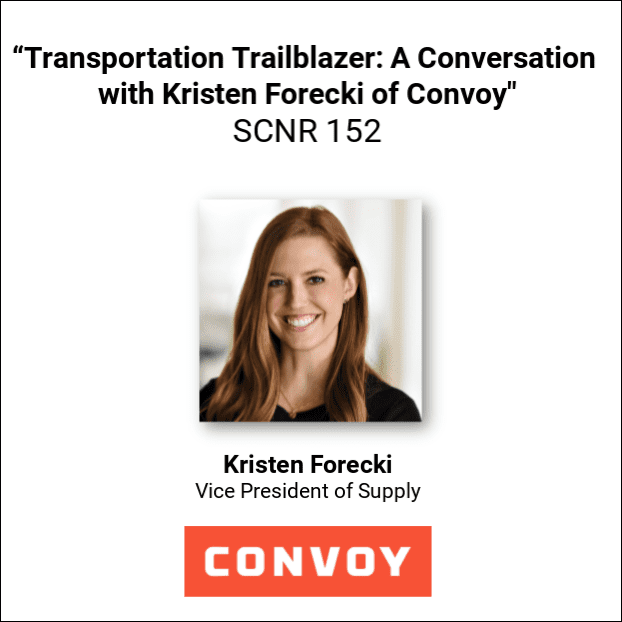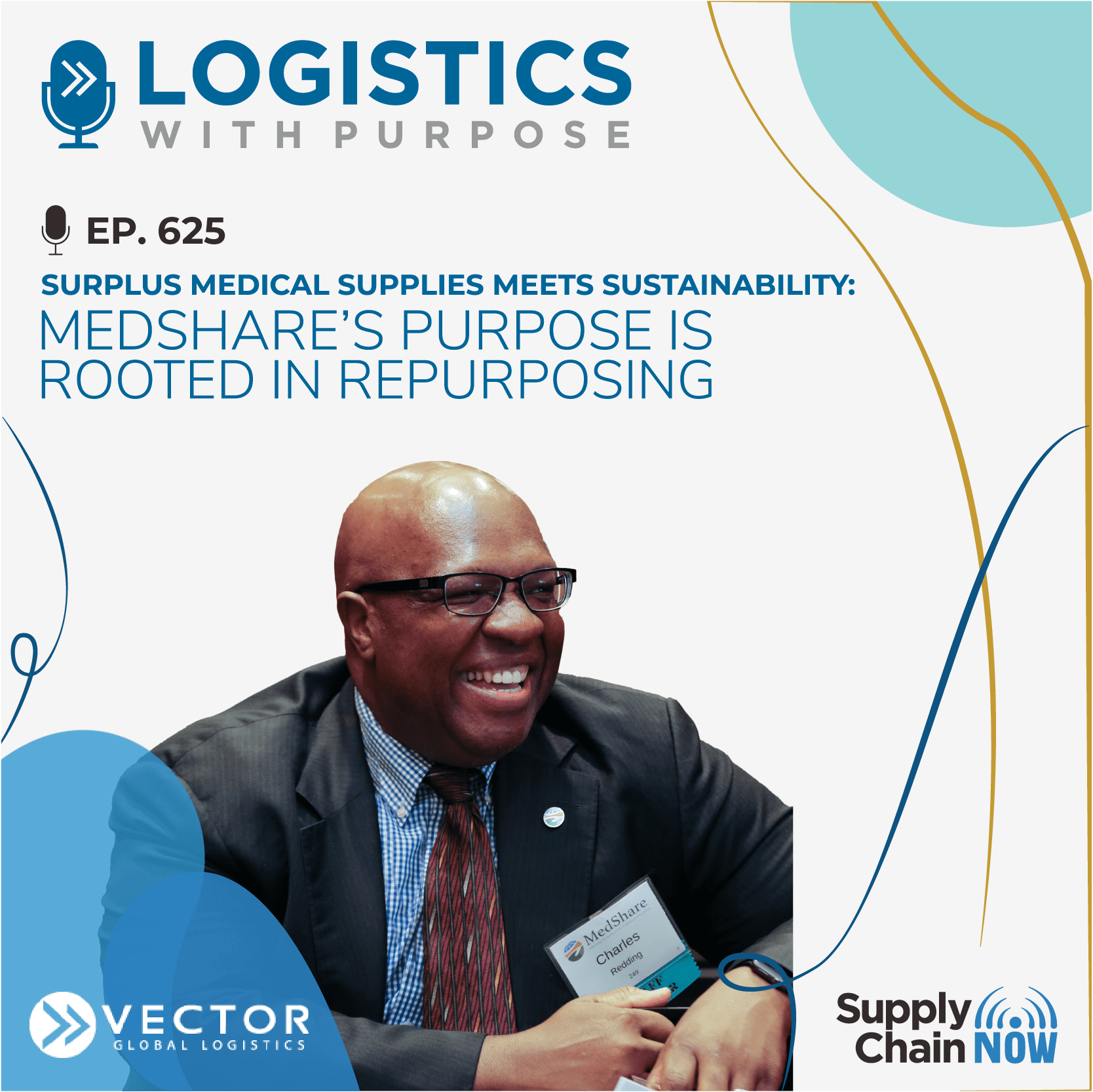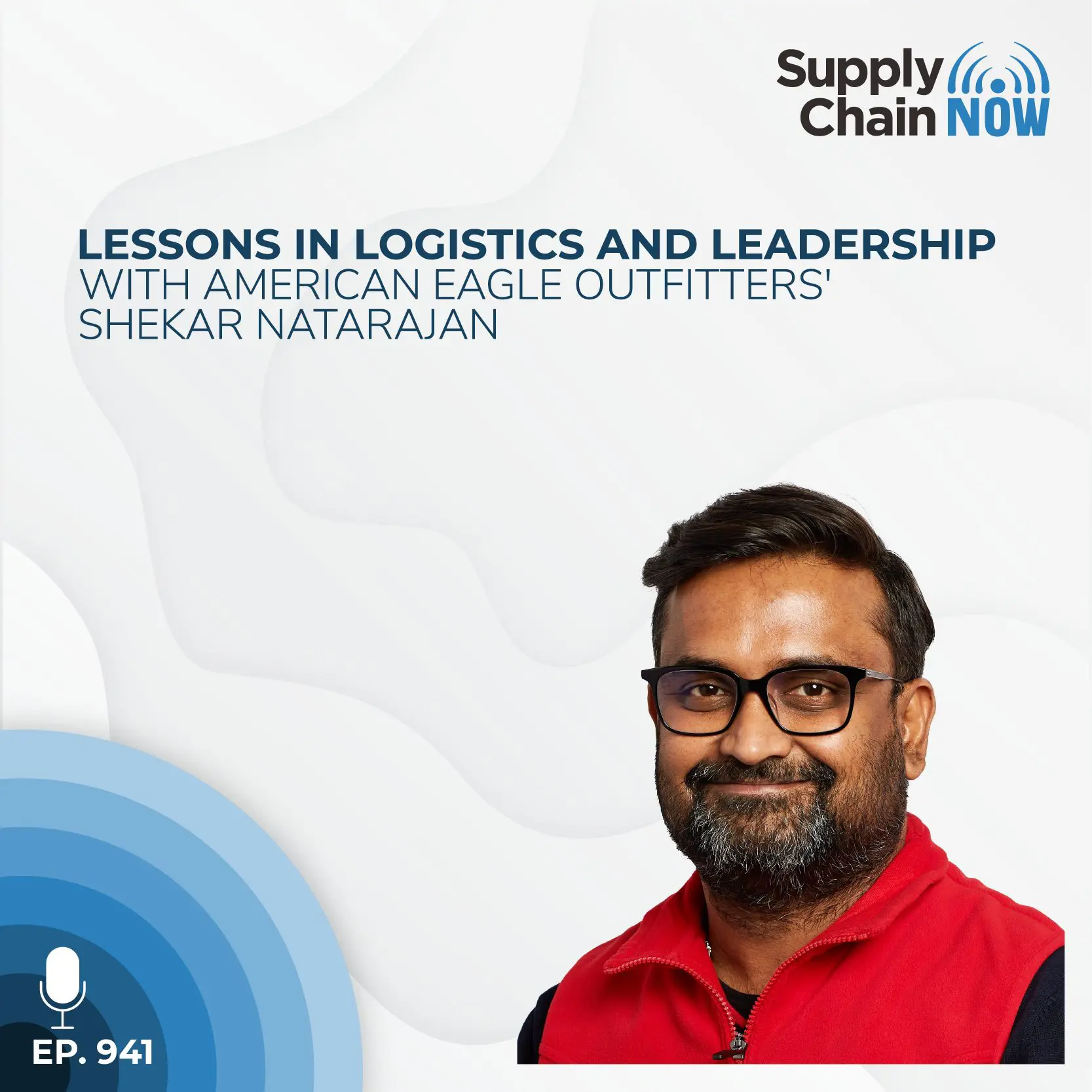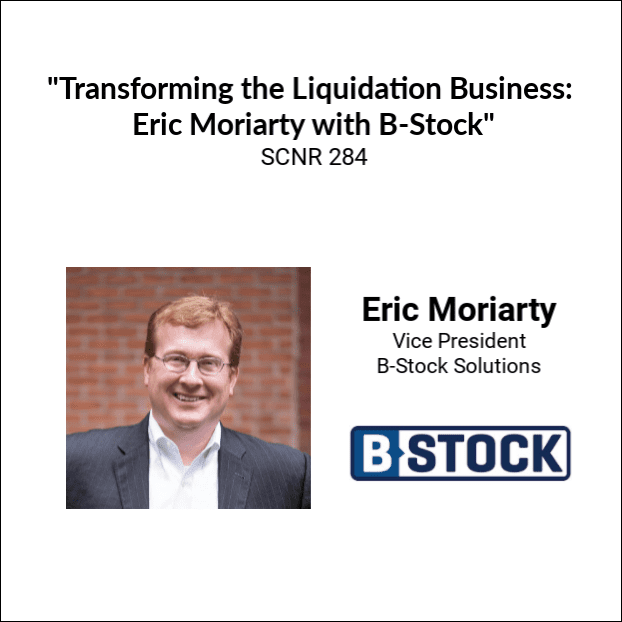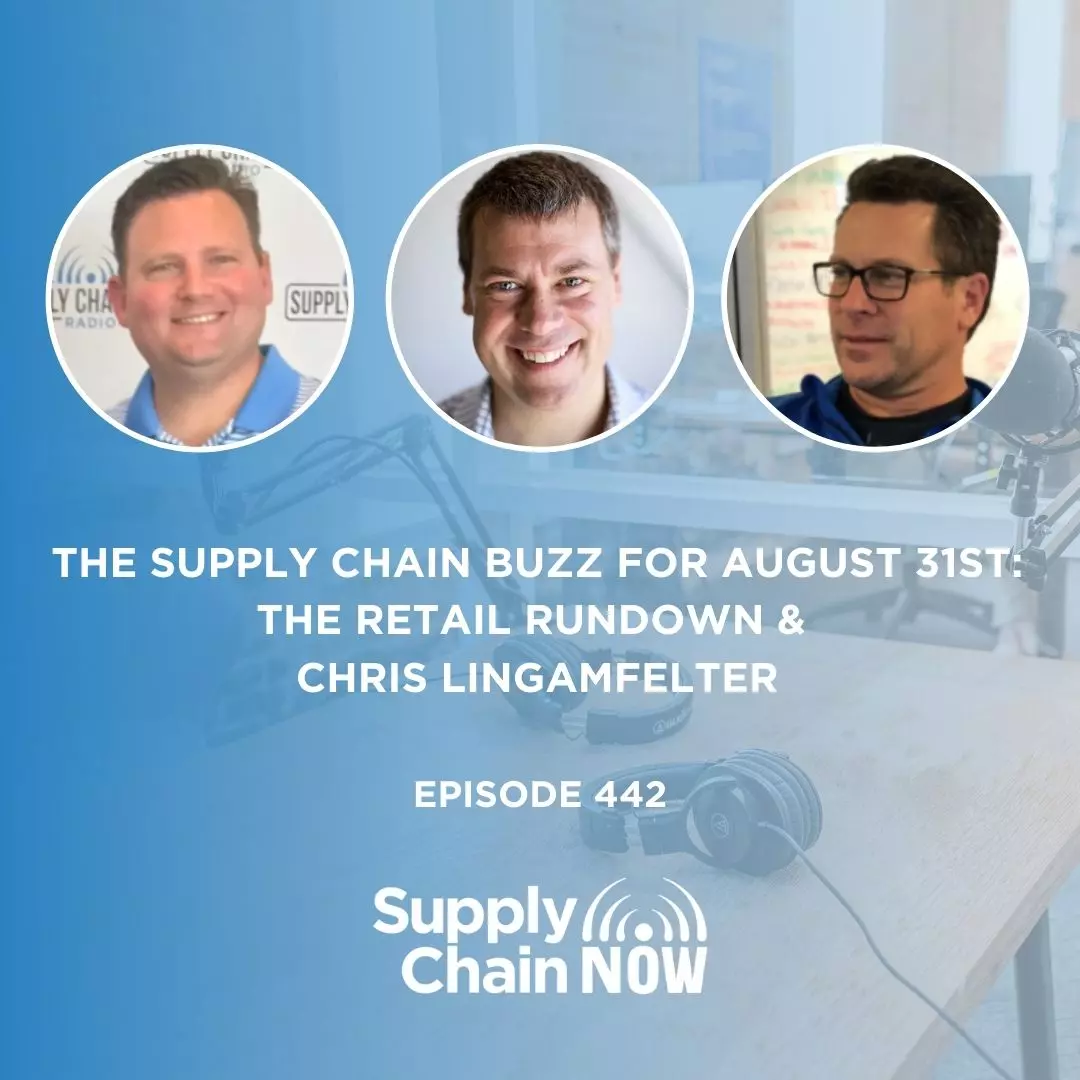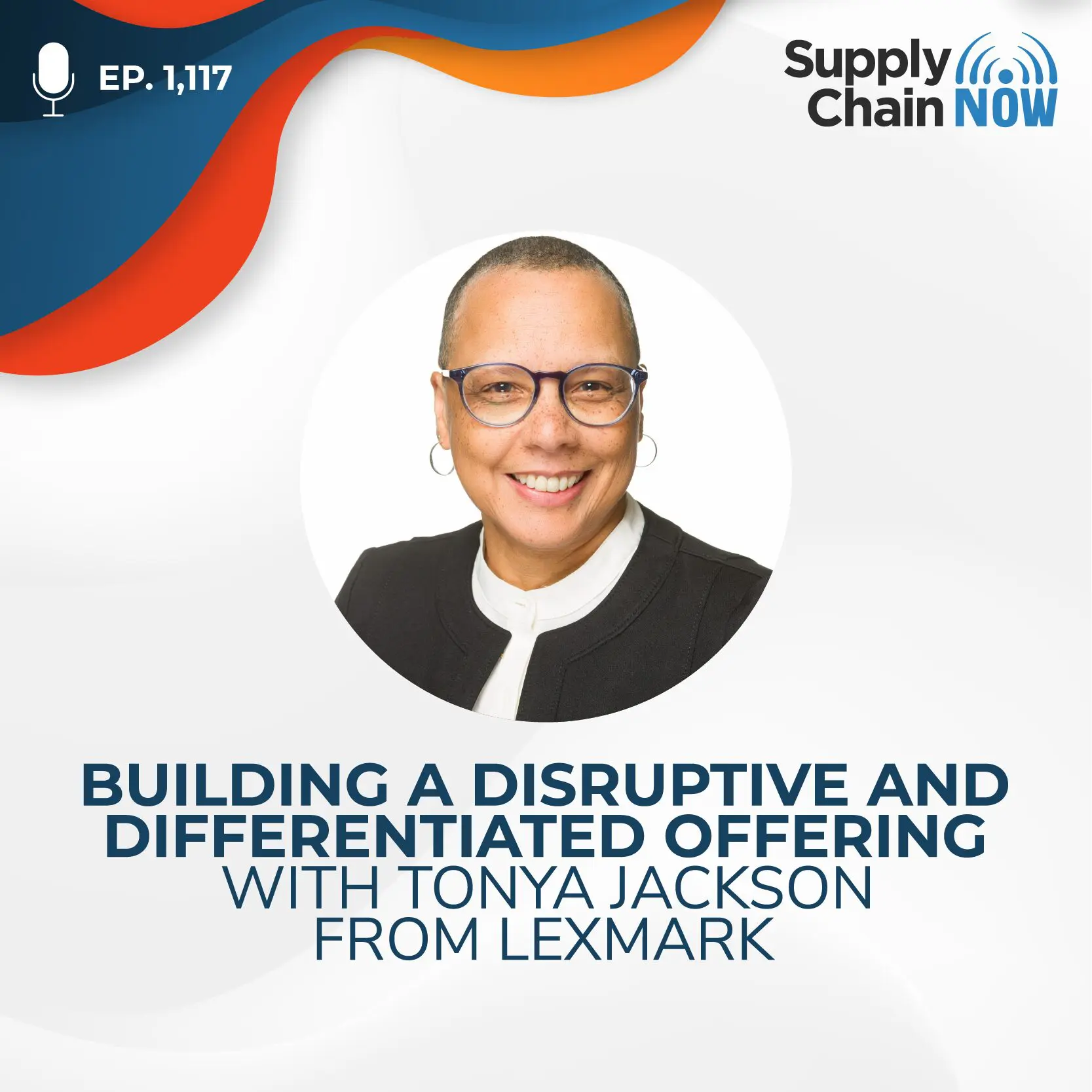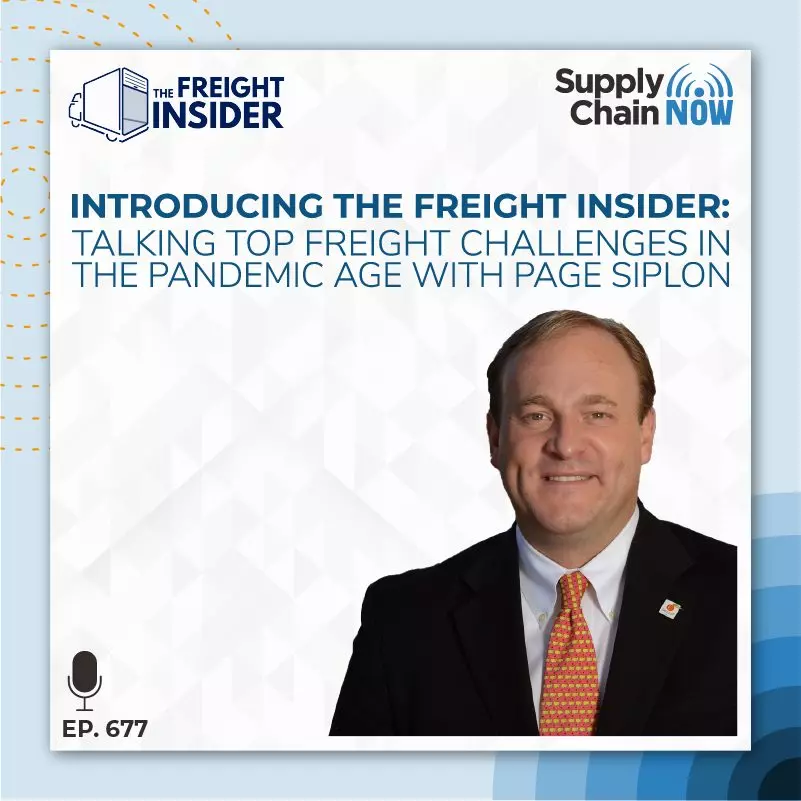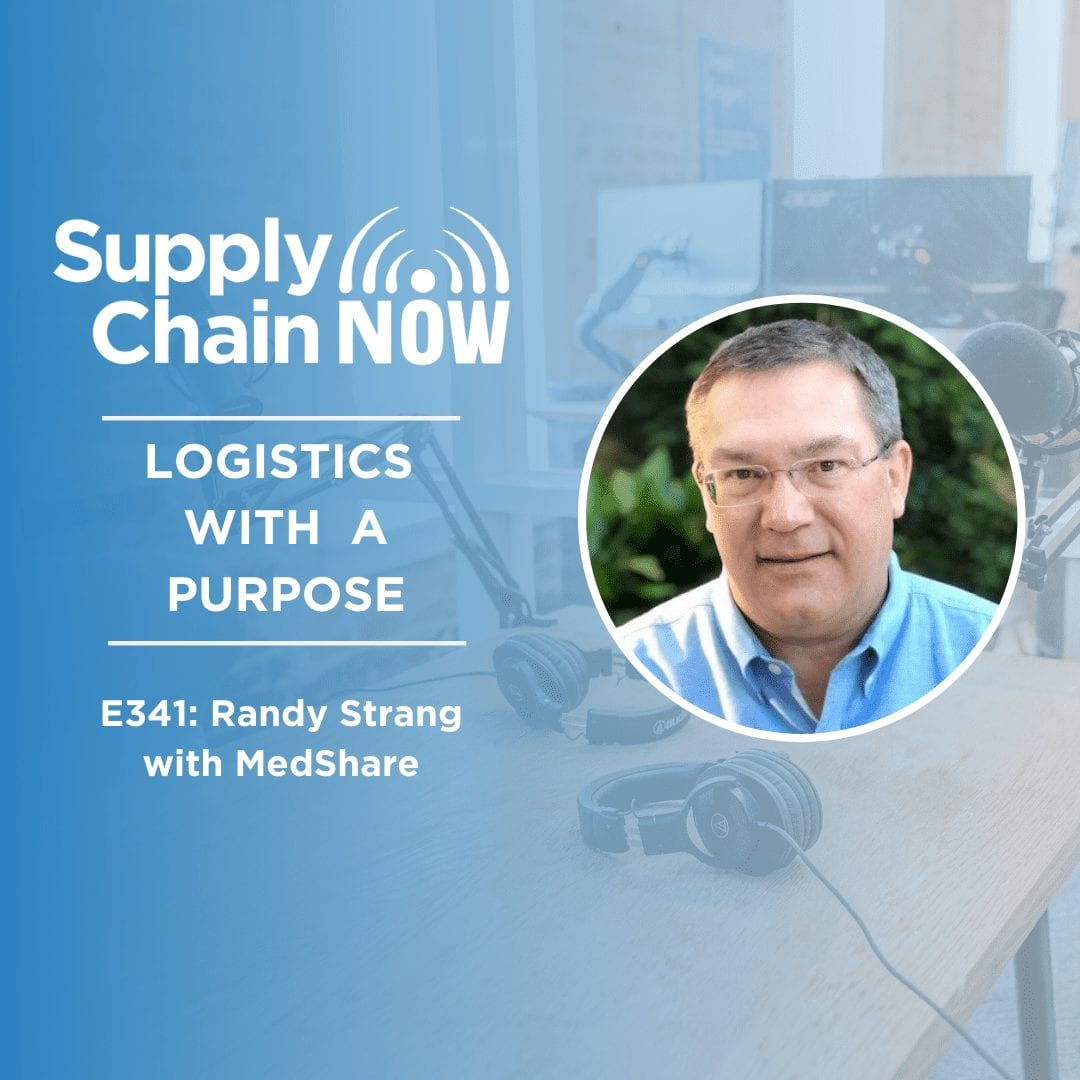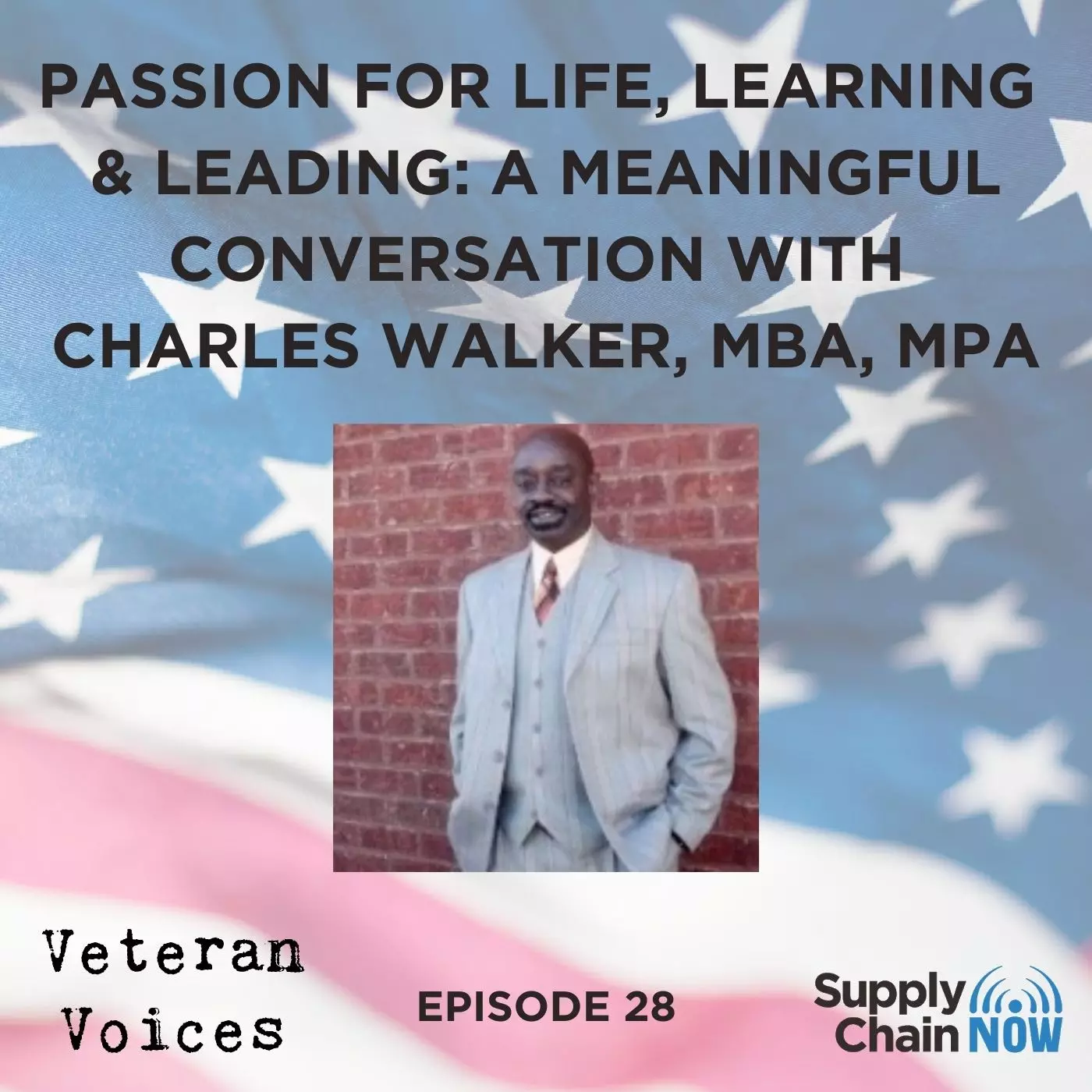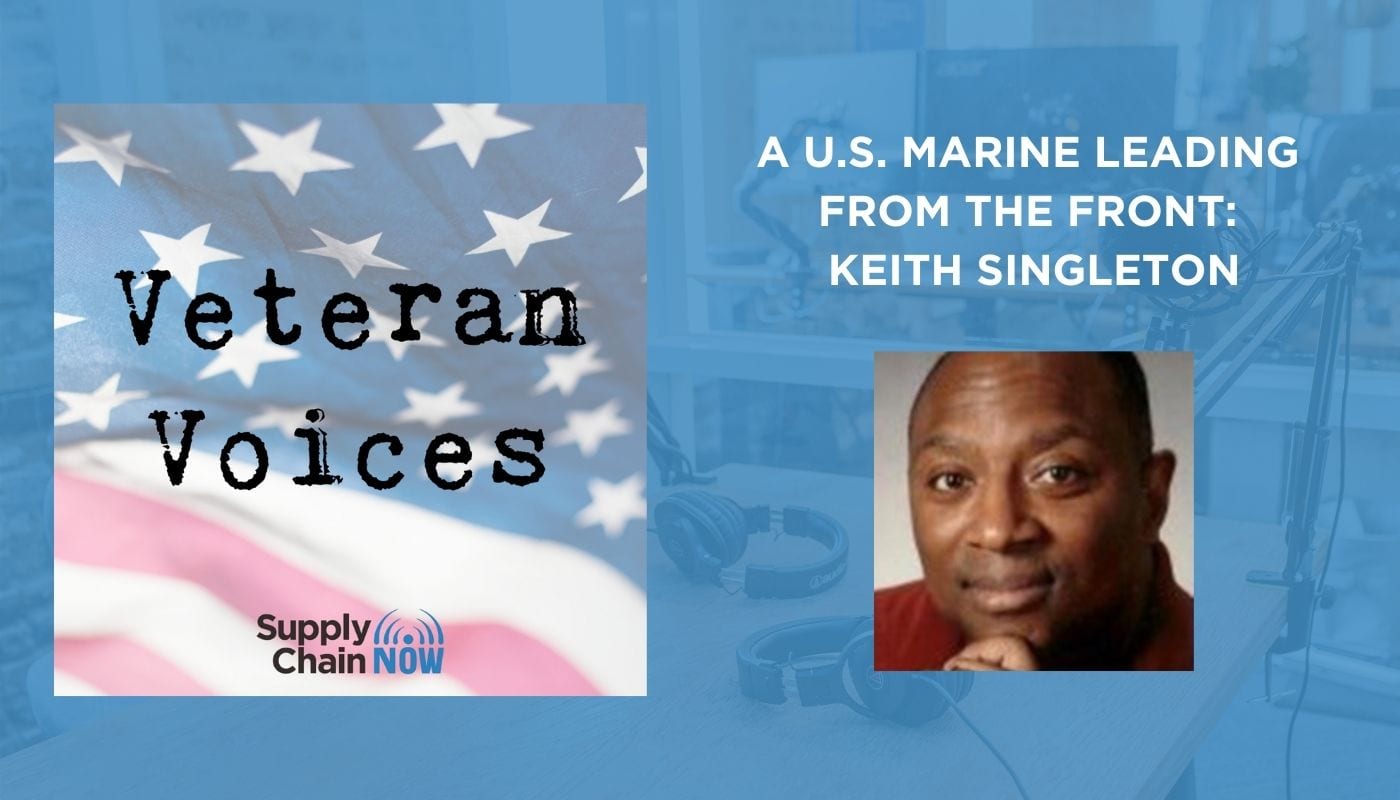
Episode Summary
“You got to always lead from the front. And what that means, what that means is this. I never asked somebody to do something I’m not willing to do.”
-Keith Singleton, Guest on Veteran Voices
In this episode of the newly re-launched Veteran Voices series, Scott welcomes Keith Singleton to the podcast.
Episode Transcript
Scott Luton (00:05):
Welcome to veteran voices, a podcast dedicated to giving a voice to those that have served in our country’s armed forces on this series, which is part of the supply chain. Now family of programming, we sit down with a wide variety of veterans and veteran advocates to gain their insights, perspective, and experiences. We’ll talk with many individuals about their challenging transition from active duty to the private sector, and we’ll discuss some of the most vital issues facing veterans today. Join us for this episode of veteran voices. Hey, good afternoon, Scott Luton with veteran voices. Welcome to today’s show. Hey, really excited about this show here, because not only do we bring on a fellow veteran, but a dear friend I’ve known for a long time. So I know our audience is certainly in for a treat and he’s been, he’s a repeat guest. We interviewed him really from a supply chain angle a few months back. So great to have Keith Singleton in here with us today, but Hey, quick, programming it before we get started. So this program is part of supply chain. Now programming, you can find better invoices and subscribe wherever you get your podcasts from and you want to subscribe. So you’ll miss conversations like this here today. Alright, so with no further ado, let’s say hello to our featured guests here today. Keith Singleton, Keith, how you doing?
Keith Singleton (01:32):
I’m outstanding. How you doing Scott?
Scott Luton (01:34):
I am really doing well. Things are going well, but this has been a really rewarding series and been real selfish about it because I’ve really thoroughly enjoyed it. And really it revolves around sitting down with fellow veterans or veteran advocates and hearing their point of view and their experiences and, and getting them to kind of help other veterans that may be transitioning or maybe they, maybe they hadn’t gotten out yet and they’re putting their plan together or maybe they’re already out. And they’re trying to figure out how to work their way up the up the professional career ladder. Sure. But before we get all there for getting the transition, I know a lot about you and I won’t owe you to share. Uh, so our audience can say the same thing. So for starters, Keith, let’s talk about, let’s get to know you a little better. So where are you from? And you got to give us an anecdote or two about Europe.
Keith Singleton (02:24):
Okay. I grew up in Oklahoma city, family, military family, partially raised by my grandparents. And I also spent some formative years in Anchorage, Alaska. In fact, that’s where I graduated from high school from in Anchorage, Alaska East high. I went back to Oklahoma to go and finish my undergraduate degree at the university of central Oklahoma. That’s where I’m from.
Scott Luton (02:46):
Do you still have a bunch of family in Anchorage or a bunch of family in Oklahoma or both?
Keith Singleton (02:51):
I have, I have family in both places. I do. I was the last time I was in Anchorage was in 2018. I went to the state track and hung out with family, my little brother for a weekend. And I took my youngest son with me
Scott Luton (03:04):
Or probably an overwhelming majority of our listeners have never been to Alaska. What was it like living in Anchorage? What I mean beyond probably the weather. What else really stands out? That’s unique about Anchorage.
Keith Singleton (03:16):
Anchorage is just beautiful. No joke. Anchorage is a scenically and iconic city said, uh, similar to some of the cities we’re probably familiar with on T V Sydney, London, places like that. Anchorage is beautiful. It is Alaska. So it does get cold. You still get this snow there. Matter of fact, when we were there in 2018 in may, it started raining where we were at and we went and watched filler, which is where Sarah Pailin is from. I actually know Sarah’s dad very, very well, his track coach. And, uh, I am familiar with Sarah and Todd. I don’t, you know, I wouldn’t frankly them personally, but I, I played against tide and, uh, I’ve seen Sarah before she was basketball player, a small town, small town.
Scott Luton (03:58):
Alright. So let’s you, you talked about, I think you said you graduated from central Oklahoma university, is that right? Yes. And then before we dive into your military, what else what’d you major in, in college?
Keith Singleton (04:13):
It was history, major history. Uh, yes, I, I am a history major. I am a huge history person. I had a professor that gave some advice to said, Hey, you should probably look into getting a liberal arts degree at our age group, which was 1820 year olds at the time. It’s probably the best advice he ever gave. Cause I have a real passion for history. And by the time you do that, then you’ll kind of figure out what you want to do and you’ll learn how to write and learn how to critically think. And he was exactly right. So that’s what, that’s what I did undergraduate wise. I got my graduate degree in business course. And, and then I can tell you about my professional development was started in the Marines.
Scott Luton (04:49):
Yeah. So one more question. Cause uh, this history wrinkle is a new one. I’ve learned something new about you already. So how do you, how do you serve that passion now? How do you get your history fix?
Keith Singleton (05:02):
Oh, I, you know, I’m a, I’m an avid reader. I am a real reader. And the other thing that I do is that I do volunteer for the local, uh, my local schools around here. So, um, I’m always in the schools, not only as a, you know, I do coach them, but I’m a guest speaker, things of that nature. And if it’s a subject because I actually, I got a certification and teach it to house here in Georgia. So if it’s something that a professor wants to bring home or a teacher wants to bring home to a class and just get a special guest, then that’s what I do. I I’ll know from the studies, I, I try to apply that.
Scott Luton (05:34):
Alright. So I’m fast. I got to give you one more question about this history angle and I’m gonna put you on the spot a bit, but you know, there’s, there’s that saying if we don’t learn from history repeat itself. Yes. So what, what is one thing maybe as I kind of catch it with a, with a curve ball here, but what’s one thing, maybe lesson that we haven’t learned well enough that will certainly repeat itself. Anything come to mind.
Keith Singleton (05:58):
I asked a few things that come to mind, but, uh, financially, um, what I have learned in history is this is that if you just push financial problems off, all you do is force the next generation to just have to solve it. And what happens is, is that once they solve it, they find out that it wasn’t that hard anyway, that people rally and they get by it. And then we move on with life. Uh, I give you one historical anecdote that will blow you away when the country formed and the constitution was approved, the debt was the equivalent to what I debt is right now, even with the pandemic going on. And so one of the first things that president Washington did was, Hey, we’re going to get our house in order. And we’re going to solve the debt to all our people that we owe money to.
Keith Singleton (06:48):
And that ain’t even, it ain’t even included the civilians that lent the military money and they did. They paid the debt within a year and a half and the country prosper. And it’s happened twice in our, in our, in our history. People have just made that we’re going to pay the debt off and move on. It’s not as painful as people think it is. And it does repeat itself if you won’t talk about it. And that’s the issue, nobody will talk about what they had to do. They want to talk about each of each of broccoli, two beats. They don’t never talk about, that’s not exciting.
Scott Luton (07:21):
Love it. All right. There’s so much more there. We’ll have to, we’ll have to bring you back for a history focused episode here. Um, alright, so let’s talk about what was your why for joining the military?
Keith Singleton (07:32):
I joined the military because it’s a family tradition with us and, uh, my family, uh, my dad was in the air force similar to Scott Scott. And I really got talking when we first met and then, but my, my grandparents were on both sides where we’re in the army. So I wanted to be different. And I had a cousin that was a Marine. So I decided I, you know, I had to do one up here if he was going to be a Marine and I had to be a Marine officer. So that’s what I did. I joined. That’s why.
Scott Luton (08:00):
Awesome. All right. So talk about that. You said a minute ago, kind of how your professional development started, uh, when you joined the military and started there talk about those early days, your early days of being a Marine.
Keith Singleton (08:13):
I tell you, I mean the Marine Corps officer path is a little different. You, uh, you have to go to officer Kennedy school, but it is more of a qualification process than it is, you know, just a, uh, a broken out pathway where you in service. So you pass those CS. And then, uh, if you’re in a PLC program like platoon leaders, class program, like I was in you go back to school, you graduate and then you get on active duty. So then the officers in the Marine Corps go through a process where they have to physically do our form of training, which is not bootcamp for 10 weeks. It’s six months for us in the core. So we do officer’s training at the basic school, which is the basic school for officer training. And then you get assigned to a, you pick your MOS there.
Keith Singleton (08:55):
So, um, I got my MOS by default. I first started out as a, as an air officer and, and realize, Hey, this probably is not the right thing for me. And so I went to ground supply school, which is what we call supply chain logistics. And it’s probably the best thing I ever did because it turns out my dad was a load master in the air force. Never really knew that. Cause I never asked him those questions, but a lot of the things that he taught me in terms of the business world and it was applicable to what I was doing. So I was immediately comfortable in that MOS cause I knew it. So we have the Marines to think
Scott Luton (09:35):
For all of your success and supply chain sense. Is that when you uncovered basically what supply chain management profession was?
Keith Singleton (09:43):
Yes. That’s it? I mean, that’s exactly, that’s exactly where I am covering it because my MOS is 33,000 into a, for Marine office ground supply. But you get, uh, you get, of course you get a dose and how to warehouse, but you also get a dose to bid the administrative side to inventory management. I was in forced recon. So we did a lot of contracting. So I was, I was, I was in a line with procurement and then again, being a small independent unit, I had financial manager. I had the financial management piece too, or accounting account management. So I did that as well. John’s pretty well grounded once I left my first unit. And once I left my secondary unit, I knew logistics pretty, pretty well.
Scott Luton (10:28):
Yeah. We had a couple of earlier guests, we’re talking about a deployment and how that’s, it’s really a study and, and logistics and overall supply chain. I imagine that was your experience as well.
Keith Singleton (10:41):
It was, I mean, because I had to, I had the dubious honor of getting rid of getting, getting prepared for the Gulf war. I did serve in the first Gulf war. Uh, so we had to figure out how to pack all our equipment that we needed, Marines, take everything with them. So we had to figure that out and we got everything deployed in embark and disembark successfully in Saudi Arabia. And then I had to figure out how do I set up change the supply for somebody’s unique, uh, pieces of equipment that we have that make us successful so that the contracting part came in where I had to go out and, and visit with the Saudi nationals. I went and made relationships in Bahrain, places like that, so that I could get supply part. So with pair parts for our equipment. So I got that experience of doing that as well. It was fun, a lot of fun.
Scott Luton (11:28):
We were talking the other day and I can’t, I can’t remember if it was a live stream or one of our shows, but we were talking about how global supply chain cuts through all the differences in people and countries and traditions and cultures. And it just, it’s like a, um, folks just come together to make it happen. Hey Dan, and how much there’s so much that the rest of the world and other could learn from what is global supply chain manager, right?
Keith Singleton (11:57):
It is a whole bunch too. And uh, let me, but let it, we had this one experience where I, you know, I did establish a great relationship with this vendor in Bahrain. And before we even talk business, we had to sit down on his mat and drink tea. So while I’m walking to the mat, my supply chief has grabbed me in the back, said, sir, you can’t flinch. If they give you a dirty glass, you gotta drink that glass. So I’m like, okay, right. And, uh, they’re more aware of your traditions and your culture. They give, you know, they give you more credit than what you think. So, yeah, but it’s just a nuance as to, you know, uh, you don’t want to offend people that are there to help you. And if you establish the right relationships, they work with you. So the guy sending me credit and we didn’t even sign a contract.
Keith Singleton (12:48):
Well, he supported my unit all in February and March of that, of the war when it transitioned from a shield to storm. If you guys recall that that’s been some years for some people. And so once we got ready to leave country, I had to meet with our contracting office and get a contracting officials to go, to buy rain with me and pay this guy. Now I explained to him that, Hey, he’s only gonna take cash as none of the other stuff. And it was no problem. We, uh, we paid him in American cash. Uh, he signed all the necessary paperwork while we were standing there with him cause he needed his audit trails to, uh, and that’s what we found out. People do business relatively the same way and they have no problems when you have special needs and requirements on union. All you gotta do is ask you just gotta know what you ask him for.
Scott Luton (13:43):
It was a lot more commonality than we all think, which is a great thing. Before we move on to some of the folks you worked with that you, that you really enjoyed. So over there, during that time during desert shield and desert storm, what else is one memory of that time there in country that, you know, you bring with you until this day,
Keith Singleton (14:04):
We’ve asked several experiences, but I like to keep it positive. Uh, one of the best guys that I’ve ever worked with was this guy, uh, was, was my first commanding officer. He is still the ideal role model leader who I pattern myself after his name is Richard Berry. Uh, just a tremendous person. I tell you, I mean, he’s a man’s man. And, and let me tell you this, uh, you can’t judge a book by its cover. That’s what I learned from Colonel bear Canberra. One of the smartest people I’ve ever met in my life. And I learned the chain of command there too. The chain of commands there to protect you and the people that you work for, uh, the people in between, just make sure everything’s staffed. You’ve got all your T’s crossed and all your I’s dotted. And you learn to appreciate that in the Marine Corps.
Keith Singleton (14:47):
So one time my Xcel was gone and I did report and report directly to the Colonel while I was 23 year old, second tenant. So, you know, I didn’t know what to stop thought. So I, I wrote an article. I wrote, uh, I wrote a request that had to go up to the general and, and I had to get his signature. Well, typically, you know, my soul would review it, you know, the drill. So I gave this request to Colonel Barry and I purposely misspelled one word. I was going to go back and take it. It was on the same page. So Kurt burying him and I would always get in there and we’d talk, talk, talk, talk. And I had a bet with my Sergeant. He wasn’t gonna read the whole things and sign off on it. And of course that’s what he did.
Keith Singleton (15:24):
He signed off on it. But then he said, Keith, you knew you need to return that first page. And I said, what do you mean? Because we talked the whole time. I didn’t see the guy doing this reading. He said, Oh yeah, you got that misspelling, that second paragraph there. And I just want to let you know, can’t get bounded old man. Or what I found out is kind of Barry was an English major and he read a 2000 words a minute. Wow. And he had read and compromised and comprehended the entire, my entire submission. And so when the Xcel came, he wasn’t mad at me. He said, Oh, you tried to test the Colonel. And I said, yeah. He said, you know, Curry, 2000 words a minute. So I found out, but I mean, he was a, he’s a tremendous leader. I tell you what, man. I mean, the one adage that I take from him is this is that you got to always lead from the front. And what that means, what that means is this. I never asked somebody to do something I’m not willing.
Scott Luton (16:15):
Yeah. I love that. The words live by for sure. Right. And that was Colonel Richard Berry. Is that right? Right. So that’s a great segue because I don’t know about you, but for me, the people I met and serve beside or worked for in the military, I mean, you know, as a family, I mean, and I mean that, I don’t mean that cliche. I mean, there was, as you know, right. Folks look out for you. And it was something that frankly I was telling someone about the day, similar element in the manufacturing community and some manufacturing roles and how there’s a, there’s a sense to the production or a noble mission. And you get in there and you work together and there’s all kinds of problems you got to solve and serve the customer, all that stuff. But Mandan folks we worked with. So who, who sticks out in your journey as Marine Keith folks, either you worked for, or folks that you work beside or, or may folks that work for you? What are some of the characters?
Keith Singleton (17:07):
Well, I tell you what, I mean, the one guy that I, that really sticks out the most for me that, uh, and he was, he was in my command in general when I was at OCS NTDs, we did his retirement ceremony, but there’s a personal thing that, uh, I won’t go into great detail with, but this man, uh, is the reason why I was, I was a Marine officer and this is a true story. And Frank Peterson, uh, is one of the first earliest, uh, like aviators in the Marine Corps. Uh, he ended up being a general. He ended up being a commander general, uh, Hasidic Marine Corps training command center. That guys, the reason why I graduated from TVA, uh, OCS, and he doesn’t know that he’s passed since, but you know, I never got a chance to tell the story of how he, yeah, he was instrumental in me graduating.
Keith Singleton (17:56):
And then another guy, uh, who I just, uh, I tell you what he was doing. He’s an amazing fellow is general Stanley. He, uh, he had a chance. I thought general Stanley really had a chance of being coming out of the Marine Corps. But again, what I, what the thing I take away from both him in general, Peterson is always being connected, always being willing to help anybody that you see in me to help always be in having a foresight, to be able to pick talent out and to develop that talent. And the three gentlemen that I’ve mentioned to you, they all had a, a town. They all had a passion of doing that with young officers in the Marine Corps. But I, I tell you those, those, those are, those are the three people that I tried most of the pattern myself after
Scott Luton (18:44):
In my time. And I was enlisted. I know a lot of times they would put young officers and they’d have guidance from like a senior enlisted advisor as well, or any of those folks stick out that really helped help you navigate through those early years.
Keith Singleton (19:01):
Absolutely. My first supply sheet is Raymond Farmer is tremendous. I mean, uh, you know, it’s stills NCO is that really train young officers how to be good officers. I’ve got plenty of, uh, enlisted guys and plus all my family are all enlisted in, uh, the staff and CEO’s and NCO is my first, very first, uh, first Sergeant that I worked with was a guy named first Sergeant as fuck. I mean, just a tremendous fellow, just a tremendous fellow. Uh, he’s the one that it made me aware of how important it is. Not only for troops to be polished when it came to drill and popping circumstances, but the office had to be as well. And that we had to take the time to understand why we were going through these processes and why it was important to be able to, to not only know the part, but to look the part in front of your young Marines always have, uh, you know, you always, you always run across great people like that. And then just, um, you know, I had a younger private that came in force recon with me that ended up being a senior staff in CFA in Montana. He, uh, he was just a tremendous, uh, uh, young Marine, uh, watching and watching him grow and develop. I kept up with his career even after I got out, just watching him develop to become a great senior staff and CEO and retiring successfully. I’ll tell you what I mean, guys, that work for you hard like that. You cannot let down, you can’t let them down.
Scott Luton (20:25):
Well, put, uh, such a, such a sense of responsibility and accountability as, as their, their leaders that you, don’t not only can’t you do it, but you don’t want to do it. You know, it can light a fire under you sometimes, right?
Keith Singleton (20:39):
Oh, it can. I mean, my, uh, my first platoon Sergeant was a guy named blocker. I gotta restart ended up being a Sergeant major, but, uh, man, let me tell you, man, he eat, he was the, he was a definition of being tough, but the real deal of it is, is that, Hey, you know, sometimes you can’t miss words with people. Sometimes you have to let people know upfront what the expectations are and that aid it’s not only you that’s dependent upon us being successful, but those young men that are following you.
Scott Luton (21:12):
One of the things that that brings to my mind is why you always want to pick and choose your battles right? In business and in life, you can’t shy away from the tough conversations sometimes, right? You’ll get to yourself as much as you are the other people, right?
Keith Singleton (21:27):
I mean, that’s a good trans that’s a good segue because that is the truth. I mean, sometimes you have to have the tough conversations and sometimes you have to learn the, you have to learn how to do the toughness, the tough conversations in a nuanced fashion that you don’t want to alienate your audience. A lot of times we get, we get good at talking, managing up to people and struggling and learning how to say the right things. But you know what those very people that serve with you as peers or juniors, they deserve to be treated with the same dignity and respect that you give seniors. And that’s the key to being a successful officer in the Marine Corps is that we not only respect people that are senior, but we respect juniors as well. And the, and the Marines, knowing that and demand that type of respect. And that’s what I like most about the Marine Corps. We really truly are a band of brothers. I mean, you’re not going to walk past the Marine and he pop up a salute. You’re not going to return it because it’s just common courtesy to greet each other in a brotherly fashion saying, Hey, how are you doing? And I’m acknowledging that it’s all smooth. It’s all it is
Scott Luton (22:35):
Before we move over and talking about transition and picking your brain, offering some advice to our listeners there. When you look back at your time at active duty as Marine what’s one accomplishment that, that you’re most proud of
Keith Singleton (22:49):
Introduced the light strike vehicle into the, uh, into the Marine Corps weapon for Ray. And I I’m really proud of that. It was something that started out just as a drawing on the wall, as we were getting ready to go overseas to SA uh, for the war. Somebody saw it on TV and just start drawing it out. And we were in, we were in boardroom talking and then I got with the contracting people. We went out and sourced some SMEs on it. And I think the army had something that was kind of similar, but it wasn’t exactly what we were looking for. And we ended up having it built and we tested it while we were in Jubail. So I Arabia and we deployed it in the war. Once it started, it basically looks like a dune buggy, but at the bottom in it, you know, we just had, we had a smaller gun. And on top of you had a 60 on top as basically that will allow Marines to go in, be on a reconnaissance mission. If they ran into any issues, they could defend themselves. If they ran into something heavy, if you had something heavy enough to make them button up and you can add them as fast enough to get out of there. That was that’s. That was one of the most memorable experiences that I, that I had, you know, just something new introduced into the core. Yeah. It was not some experienced
Scott Luton (24:02):
Wartime innovation basically. Right? Let’s transition now over to transition, right? A big focus of these conversations we have is around transitioning. There’s so much, you know, uh, I exited and OTU we, you and I’ve chatted numerous times, especially when we, we saw each other regularly about transition best practices. And I can’t tell you, Keith, you probably have had them too. How many conversations from, from folks that continue to struggle with transition, whether they just didn’t know how to do it, or whether maybe some of their commanders I’ve heard, didn’t give them any leeway until the day that they separated to really invest in, in their transition or all kinds of things. Right? There’s all kinds of reasons. So let’s talk about your transition. How did that work?
Keith Singleton (24:48):
I’ll be honest. Like most service members I can tell you it’s stressful. It is really, really stressful, uh, because you, you know, first of all, you’re in a family and you know, you have firstly, all your needs being met and you have a support system there that you come acquainted with and you’re accustomed to. And the culture, the second thing though, is that you don’t know, you don’t know what to expect. You don’t know the unknown, you don’t know how people are going to receive you. You hear it, you read all the platitudes. And of course you running people into the civilian world saying, Hey, thank you for your service, but you don’t know if they’re being sincere or not. And then the first couple of resumes that you put out the first couple of times you go on interviews, you know, you realize that, Hey, I might be a bit out of step.
Keith Singleton (25:36):
So I think that some of the programs they’ve set up now are really spot on like a one, one piece of advice that I’d give anybody is that, man, please listen to your wife on how to dress. Um, you know, NA it’s invaluable because your wife is, your wife is probably more in tune to what is expected for civilians on the outside and how to carry themselves and probably have watched the programs and done some of the interactions with people that can, you know, they, it kinda can point you in the right direction. So appearance is, uh, appearance is minimum, but at the same time, it kind of, it kind of segues like we just do in conversations and allowing people to say, okay, yeah, this guy, he looks like he’s ready to go. He looks like he’s ready to be a part of our team.
Keith Singleton (26:30):
And we’re ready to accept him in there too. You know, there are a lot of misconceptions about people from a service that were rigid that were flexible, et cetera, and so forth. And that’s the farthest thing from the truth, right? There are some well, you know, there are some well struck, uh, companies out there that are pretty buttoned up and have their own cultures. Uh, GE was one company that had a reputation about having a really, really buttoned up, you know, a white collar workforce, but it is no different than any large organization. Once you find a certain cadence of how to be successful and everybody falls in line with that and the military is as much of the same way. So,
Scott Luton (27:10):
So when you transitioned out of active duty, what was your first role?
Keith Singleton (27:16):
I got into the banking world. I did, I, I joined household international, uh, and it was by default. A friend of mine had interviewed with them. And I had, I, I looked around for quite a few jobs. It was, it was, it was a tight job market. It’s hard to say, but similar to right now, the real high unemployment rate, that kind of thing. And so I took the initiative. I, I wrote the guy’s name down, who learned, he said he spoke to. And, uh, and then I, I, I kinda sideways got the address for the, uh, for Marnee. And then I just sent it to him and he responded back at the time, you could go into the, you can go to the Gates of airports. And he flew in from Chicago and we met, it was now Reagan and that’s just called national airport. We met right there at his date and we talked for 45 minutes. He screened me and then he gave me the thumbs up. And then he gave me the one in his class with household, the great, great program. I love that program.
Scott Luton (28:15):
Those were good days when we didn’t have to go through all the security. I remember I was part of a consulting organization, way back when, before kids and we had a big deal. We were working and we flew into, I think, st. Louis to meet one of the decision makers who happened to may. Haven’t stopping at the airport in st. Louis. We had a couple hours and I remember walking all the way to his gate, you know, still walk in and learning and selling. That’ll go, you can’t do that anymore.
Keith Singleton (28:43):
I can’t do that anymore. I mean, you can do that anymore. I sit in restaurants and talking and that kind of thing. And, and, and that’s the other thing too. The advice I’d given any younger army person, sailor, airman, or Marine, is that you are being evaluated by those guys the entire time they are looking at you. They’re looking at your mannerisms. They’re looking at how you handle stressful situations, looking at how you respond to tough questions, how you even respond to when you know it is pregnant silence out there. So if it does not add stress to you, but they, they don’t really know. They don’t have a real appreciation of the, kind of where you’re coming from. They really, a lot of times just know stereotypes, uh, or what somebody else has told them.
Scott Luton (29:25):
As we kind of wrap up the transition segment of this interview. I’d love for you. You’ve already offered some pieces of advice for both parties. The, uh, the veteran that’s working through transition and also the hiring managers that don’t have experience. So let’s, let’s keep going down that route. What other advice would you offer veterans that either they’re in transition or maybe they found a job and they’re trying to figure out how to work the way up the ladder
Keith Singleton (29:52):
Start with, if you’re in transition, sometimes you get used to using acronyms. If you find yourself in the middle of an interview and an acronym slips out, don’t panic. Just explain what the acronym is. And you’ll be surprised. They’ll say, Oh, that’s what it means. As simple as ads. I apologize, sir. I catch myself. Everybody wants to, everybody wants to help you be successful. The second thing is is that you want to move up the ladder, but the key in corporate America and I, and it’s something that took me a long time to learn. It’s not, it’s not vertical. Like it is in, in, in the military. You don’t, you mean you have a set career pathway. I, you, you start out as a platoon commander. You know, you gotta be a company commander, you know, to get served successfully as a staff member and know what schools you got to go to.
Keith Singleton (30:40):
Then, you know, you have to be able to tell you command and so forth. So on getting to be the CEO of a company might go sideways. You might, if you might be the AVP for a great department director, and you get noticed by somebody in the staff and in the C suites, and then you get, you get a special project. And boy that leads to another special project. And before you know it, you might be the vice president of a division right off of that. So if you, it’s not an apples to oranges comparison. And then the third thing is, is that you have to embrace people. You know, I’m going to give you, I’m going to give you this advice. I know I’m partial to the Marine Corps. Army is just as professional stores. The air force air force degree organization, and Navy is just amazing.
Keith Singleton (31:27):
But what I’m going to tell you is that those are some of the best professionals you are ever going to come up. They’re the best of the best you tell last corporate, Hey, I need this. You don’t have to go back and tell him anymore. It’s done. And after they’ve worked with you for a couple of years, they can finish your sentences. It’s not going to be that way in the civilian world. You’re not going to have people that you can hand a piece of paper to and walk away. And many cases, you’re going to have somebody that is going to type up your Excel spreadsheet. You don’t have to get any to do that yourself. So my thing is, is that, but that doesn’t make the people working for you any less professional, and that doesn’t make them any more, any less dedicated to seeing your success and their success too. It just translates a little differently, but people are just people. If you invest in them, they’ll invest in. You
Scott Luton (32:11):
Love that. Okay. So same question. What advice for different part of the hiring managers that are out there that are trying to figure out who to interview, and then the folks that interview how to engage and how to evaluate them. Oftentimes as humans, if we don’t understand things, we shop, we shy away. And as we both know, that hurts veterans opportunities to land these jobs, right? If there’s, if there’s that gap there. So what advice would you offer hiring managers that really want to get better at engaging and communicating and, and building relations? You know, having that professional relationship with veterans,
Keith Singleton (32:51):
I would say to a hiring manager out there, don’t be afraid to partner with a veteran that’s in your organization and theirs, if there are veterans in, uh, throughout corporate America. And so when you’re, uh, before interviewing a veteran, you know, get with somebody within your organization and just ask some general questions. A lot of times, as a hiring manager, we fall back on the written qualifications that this person must have as minimums before you. We, we, we, uh, we hired them. And the first thing we might say, well, this guy doesn’t have any experience as a supervisor, and I might have to start him this way. That’s not necessarily the case. I mean, he’s got plenty of experience supervisors. As a matter of fact, his chain of command doesn’t translate the same way as your chain of command, what you might call a supervisor.
Keith Singleton (33:39):
Well, to us, that’s nothing more than a squad leader. I’m just being straight with you. And so a squad leader has just as many responsibilities as a supervisor, and then a team leader is a lead, you know, that you have in your organization. So sometimes it’s not an apples to apples. Comparison is apples and oranges. And the third thing of it is, is that, you know, don’t be afraid if you find yourself in the interview of asking that person to give you experiences, just in layman’s terms of what did you do when you failed? How did you overcome the failure? What did you do to be successful? Can you outline to me what steps you took to be successful and what you w what you’ll discover? You’ll open that person’s mind up to start telling you how he operates, how he works, how you interfaces with people, how he gets the most out of people, how he gets buy in how he gets the people around him to aspire, to grab on to a goal that you got to get every day and how he inspires that young guy.
Keith Singleton (34:41):
That’s having a tough time out there, how to pick himself up and get it done, like coming back from break on time and saying, Hey, I know I failed yesterday, but I’ll make it today. Aspiration and inspiration to different things, but military professionals that are leaders do it every day. You know, that’s the only way a Marine can get a guy, you know, foxhole to charge a machine gun nest. And he knows he’s going to lose three out of his four buddies. They gotta learn. They got to embrace and believe in what we’re doing. The same thing translates to when you have goals that you’re trying to meet to be successful, or if your people don’t inspire and understand what you’re trying to do, they’re never going to aspire to get it, and they’re not going to embrace the goal. It’s just your goal. And they translate it as well. You just want to do that at our expense. No organization can be successful doing that
Scott Luton (35:33):
Well, put as always Keith. So really appreciate you sharing. I think that’s some really practical advice and I’m hoping, I’m sure our listeners will appreciate that. Let’s talk about what you do now. Tell us about your role and, and what the organization does.
Keith Singleton (35:46):
Well, I mean, Gates is a power company. Uh, I’m in the auto replacement division, and right now I’m acting plant manager of my site. So, uh, I have just under a hundred people that report to me in a 240,000 square foot, uh, warehouse. Uh, and I’m, so I’m responsible from everything from receiving inbound freight and to storing it properly kidding in some organizations. I mean, that means taking materials and some other in item products and make it into something else. And then shipping it out. I, primary customer is Napa. So whenever a Napa store is open and it needs something we’ll responsible here in Latonia to getting that part to them. So it’s been interesting times, you know, since the virus and everything like that. So we’ve been in lots of volume, but that’s always a good problem to have business is always a good problem. Solved.
Scott Luton (36:35):
Yeah, absolutely. And I bet I stay in business a good problem to have, right. Hey, one last question. I know you’re passionate about this terms of ongoing education and professional development. Yeah. You and I met volunteering for supply chain industry association, any advice. So when you think of veterans that may be trying to break into supply chain, any advice around that ongoing education angle?
Keith Singleton (37:01):
Sure. You know, I, I’m going to tell them this is that, uh, I think, uh, I think getting a six Sigma certification is like one of the, one of the ground tenants that you can do to help you get acclimated and to help you get oriented in a new organization. And what I mean by that is we’re always looking in the military of how you can improve things. Uh, six Sigma is a, is a discipline and a tenant that’s, uh, it’s pretty methodical. You could start out with the goal green and then elevate to a black belt, but it doesn’t require a whole lot of you of your time to do that. You can do it in a, a plan in a methodical way, and it gives you, it gives you the addiction and it gives you the cadence to be able to talk to other business people out there, uh, in a language that everybody understands. Everybody understands improvement. If I understand it’s getting rid of waste and everybody understands trying to increase profits, and that’s, uh, that’s a good entry way into, uh, opening up a, an interview process and getting the interview to start interviewer, to start talking about some of the things that you’re most familiar about.
Scott Luton (38:03):
Hmm. Love it. Good stuff there. All right. So Keith, for some of the folks that may want to reach out and connect with you, what would your advice be there?
Keith Singleton (38:10):
I’m on LinkedIn. So you can type in my name and you can find me on LinkedIn. And, uh, but the other thing is that I’ll give you my email address and you can always email me. My personal address is K D thing, S I N g1@gmail.com. And my, uh, my business address is keith.Singleton@gates.com. Perfect. You can just email me at any one of those dresses and respond to you.
Scott Luton (38:36):
Perfect. It’s just that simple Keith, a pleasure. You know, this could, I had to hold back cause this could have been a three hour episode and then I’m sure you’ve got folks waiting on you in your role, but this is always a pleasure to reconnect with you. I really appreciate your, your point of view and insight. And I learned some things I didn’t know. Oh yeah. The whole history angle. We’ll have to chat a lot more about that in the months to come, but regardless big, thanks to Keith Singleton. Thanks for joining us here on veteran voices. Thanks, Keith. Thank you so much. You bet. All right. To our listeners, hopefully you enjoyed this conversation as much as I had. I told you I was in, you were in for a treat and Keith delivered as always. So if you enjoyed this, Hey, be sure to find us and subscribe wherever you get your podcasts from search for veteran voices. Of course, we’re on Twitter, Instagram, LinkedIn, you name it. Hey, if you’re a veteran and you’ve got a story that you really want to share, reach out to us, see if we can’t work into the programming. We’d love to hear from you beyond all of that is a Scott Luton wishing all of you, nothing but the best. Do good. Give forward, be the change that’s needed. And on that note, we’ll see next time here on veteran voices. Hey, thanks everybody.
Featured Guests

Keith Singleton is a Management Leader who has over 20+ years of experience leading people and organizations. He earned his Masters at Central Michigan University with a concentration in Leadership and Executive Administration. Keith started his professional career in the Marine Corps working in Distribution and Logistics. He has a variety of professional experiences ranging from Sales, Business Operations and Supply Chain Management. He currently works at Gates Corporation. Keith has been married for 26 years to Melissa Conyers, has three children and two grandchildren. His hobbies range from running to coaching AAU Basketball with the Atlanta Celtics. He has memberships in both APICS and CSMP where he has served on boards for both organizations. He is also a member of the Alpha Phi Alpha Fraternity. Keith’s ongoing mission is to leave the world better than the way he inherited it. His philosophy that drives his daily activities reflects his life endeavor: “…what would you do if you knew you could not fail.”
